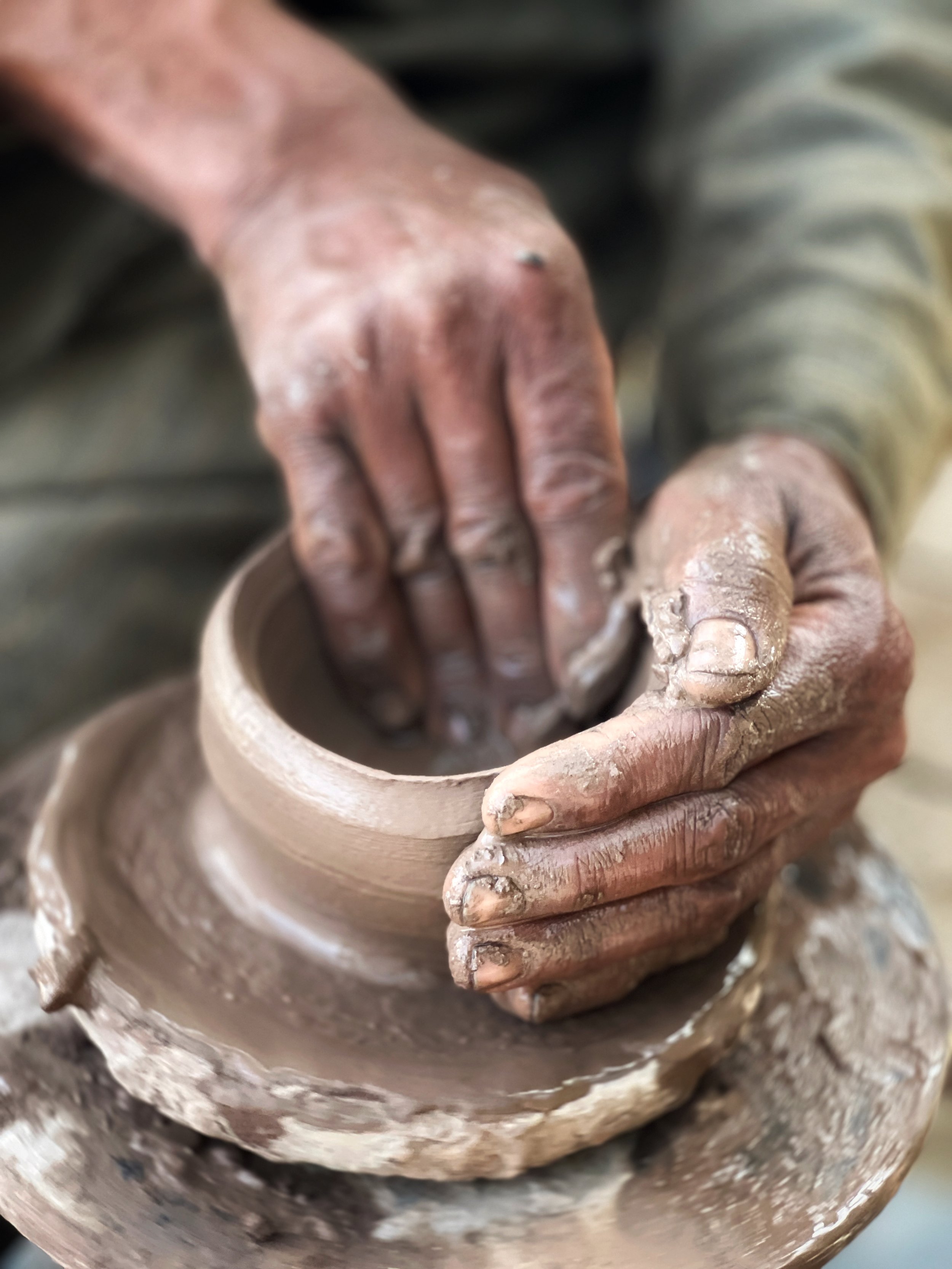
The name Adam in Hebrew means “Son of Red Clay.” In Egypt, originally Kemet, the “Black Land,” the life-giving mud of the Nile, this Adam emerges like a golem, who with hands of baked dirt, spins new forms from the same soil, the kickwheel of creation turning and turning, each of us Earthly vessels dizzy with life.
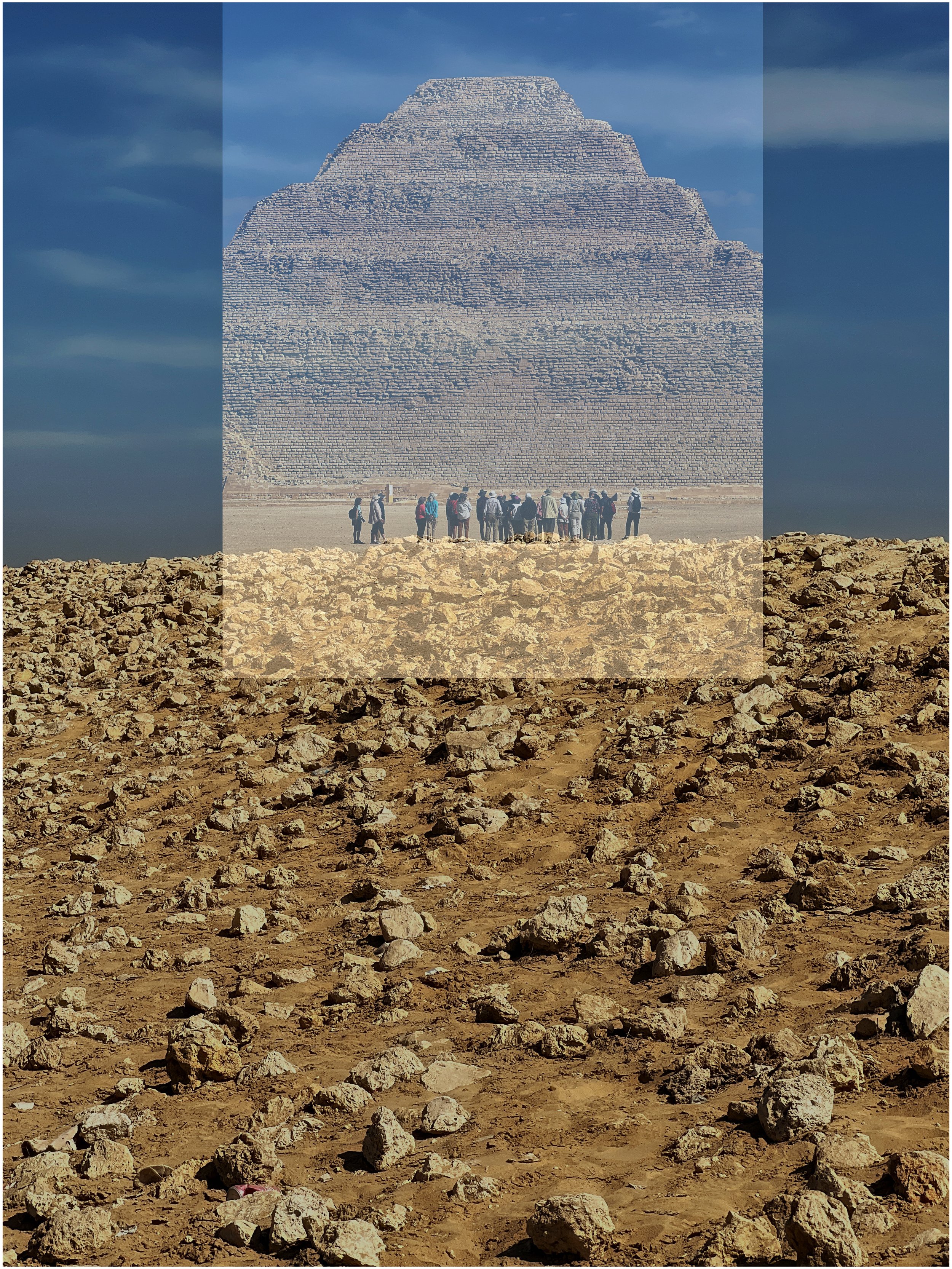
When we were lost wandering in a barren landscape, a mirage in the desert offered a vision. There was only one thing to do: build a pyramid to unite Heaven and Earth, a staircase to the Gods.
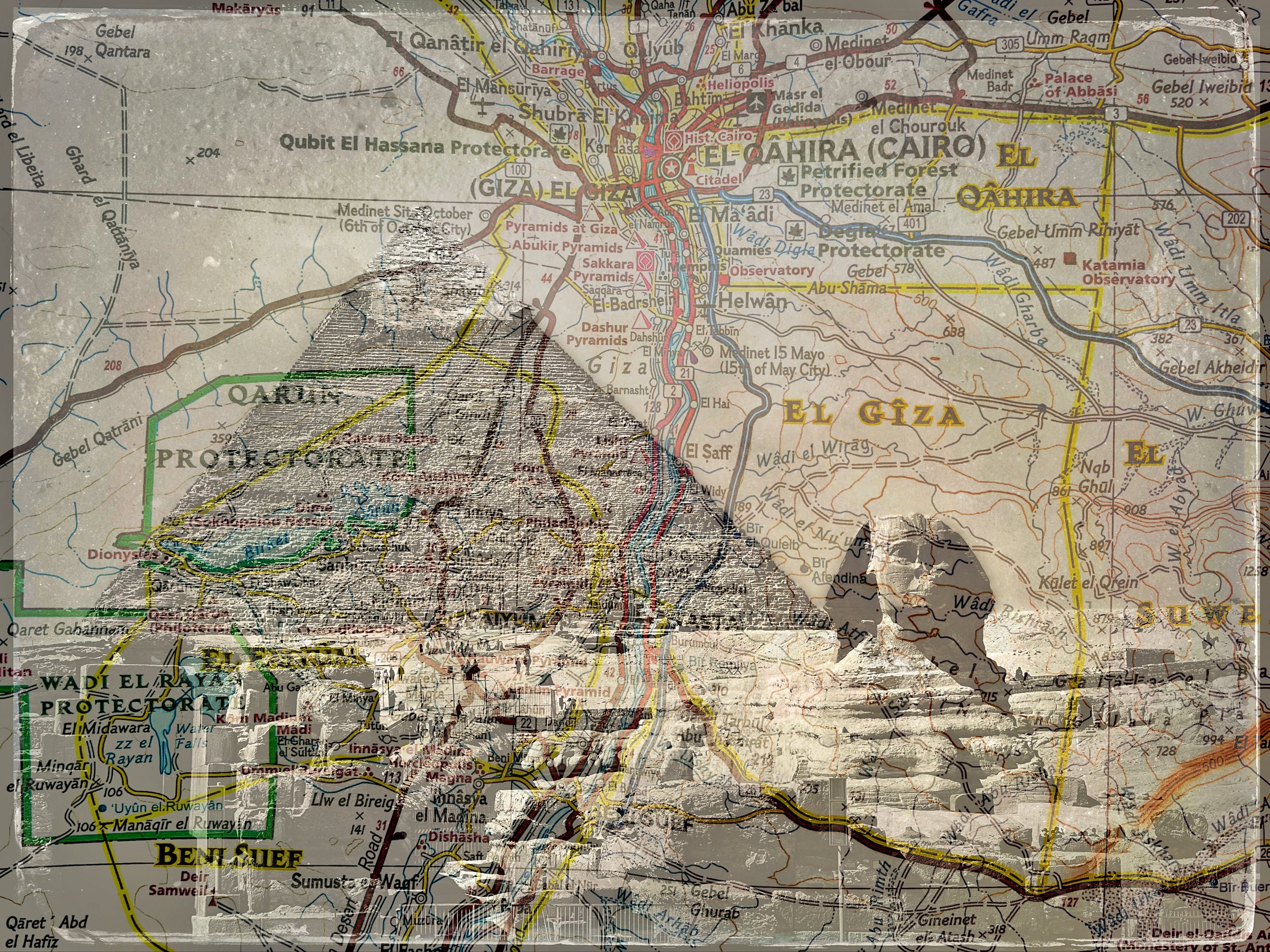
There are more colors of dust than I realized. “From dust to dust” takes on new meaning in the Giza Plateau.
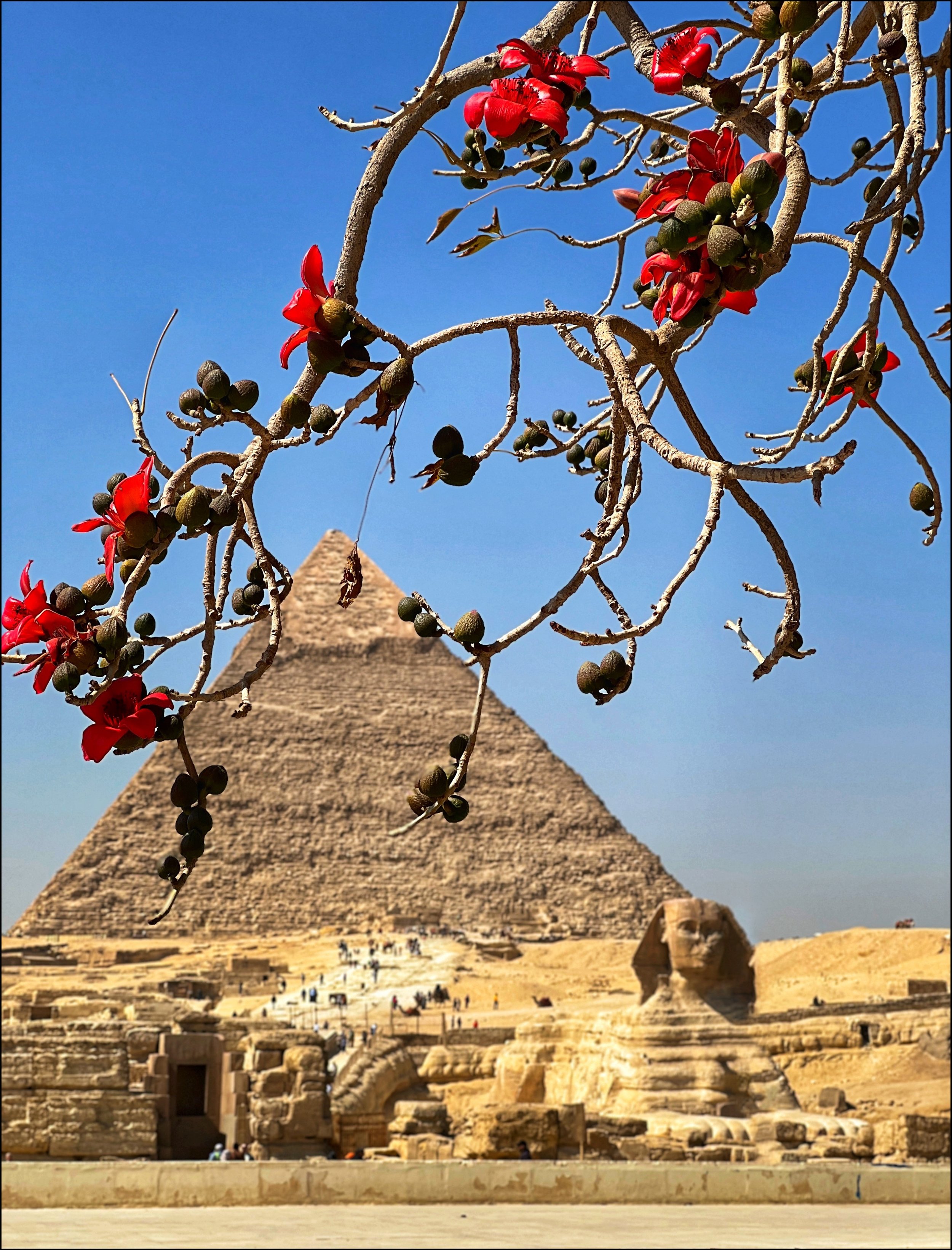
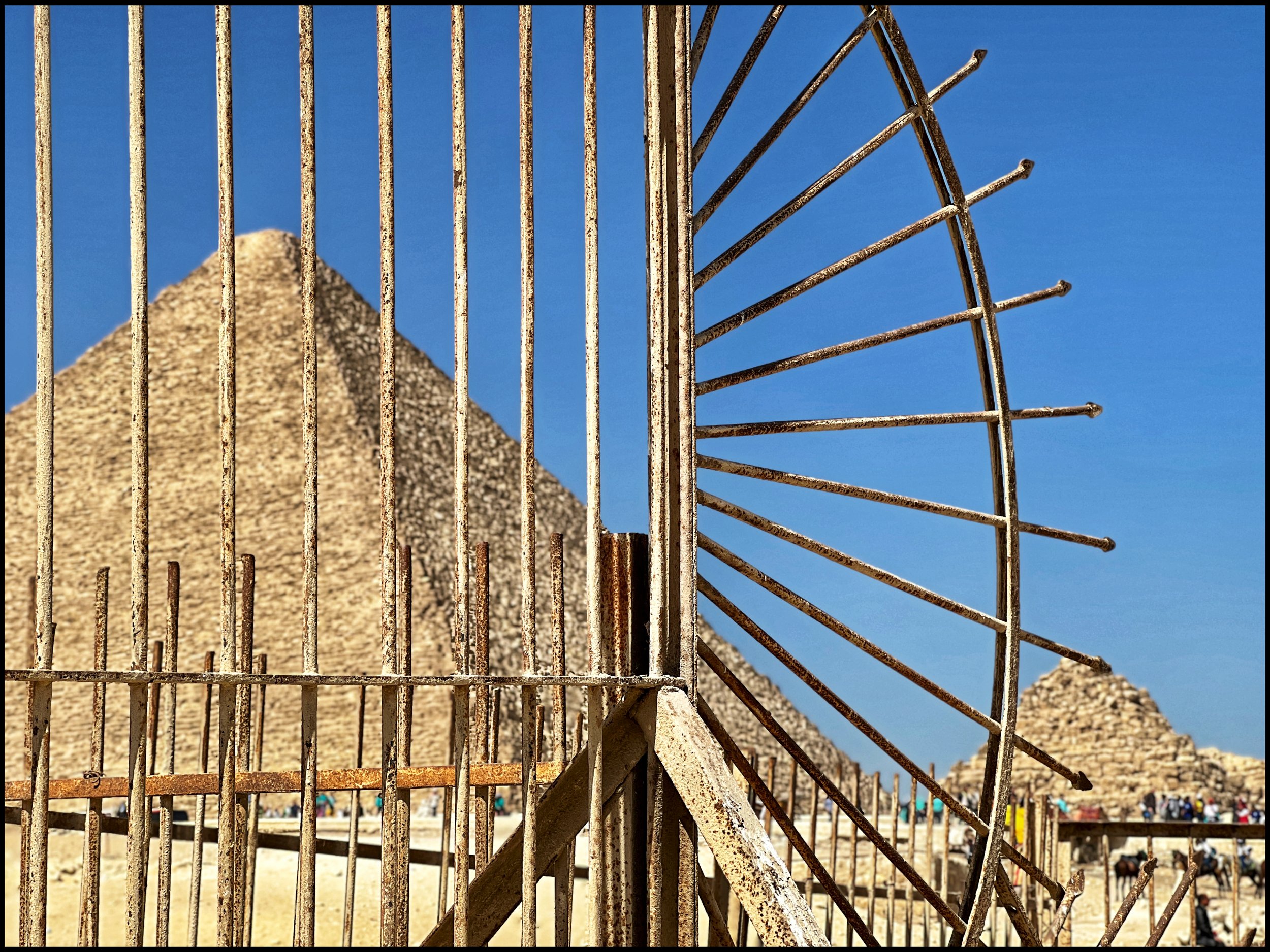
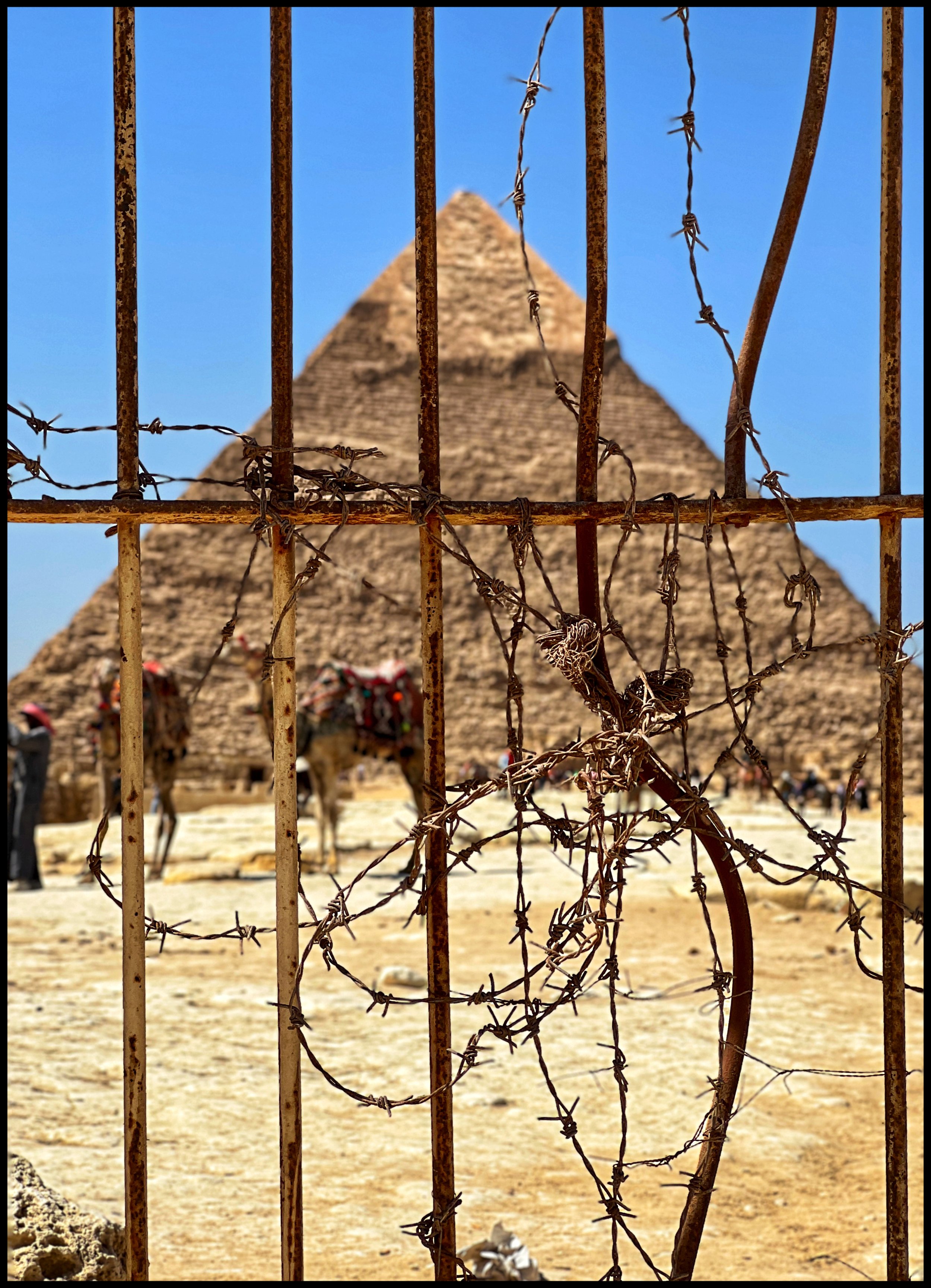
The Iron Age meets the Stone Age
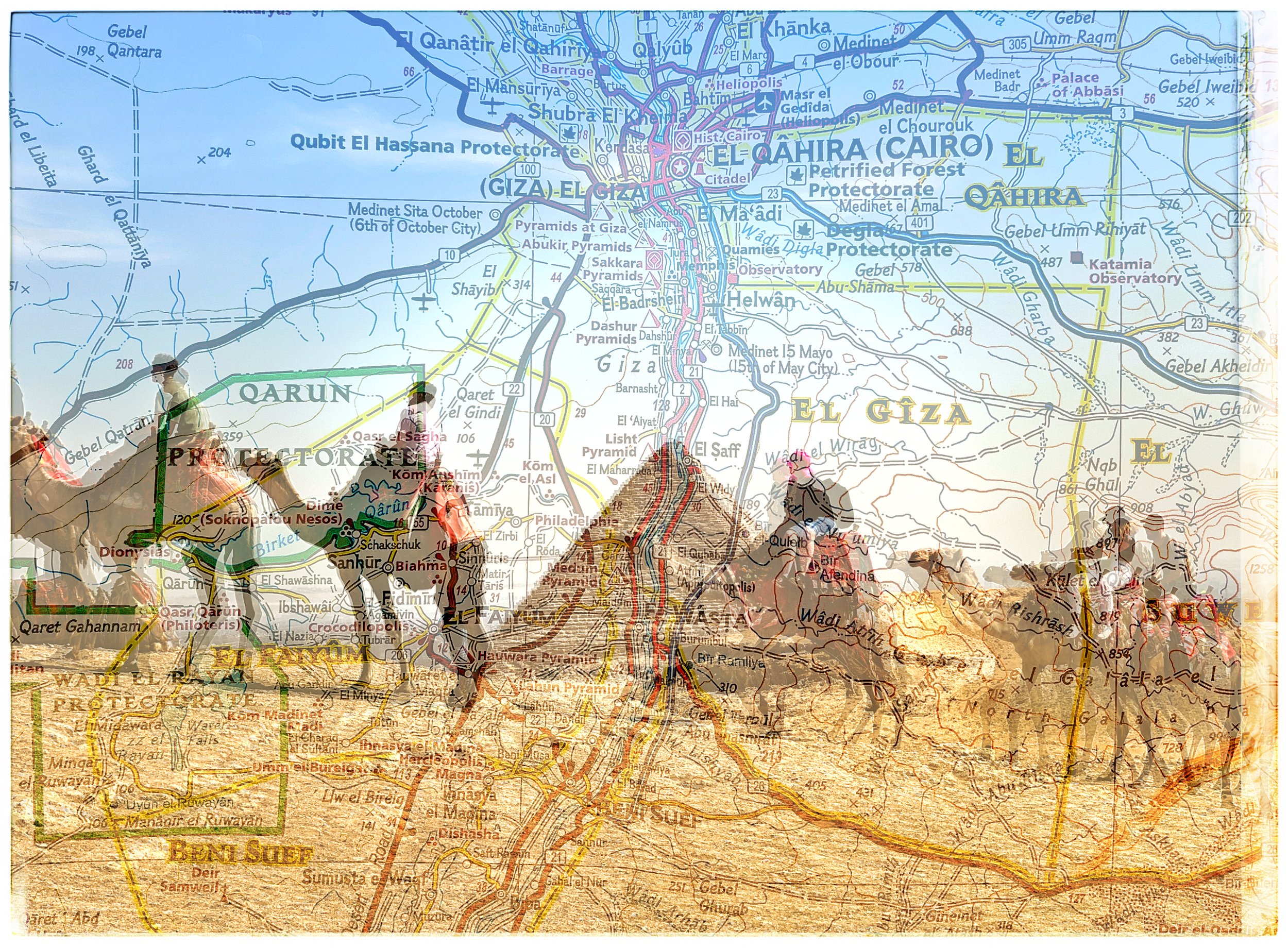

It is good to wander. It is good to come home. There are terrains to map, outer and inner.
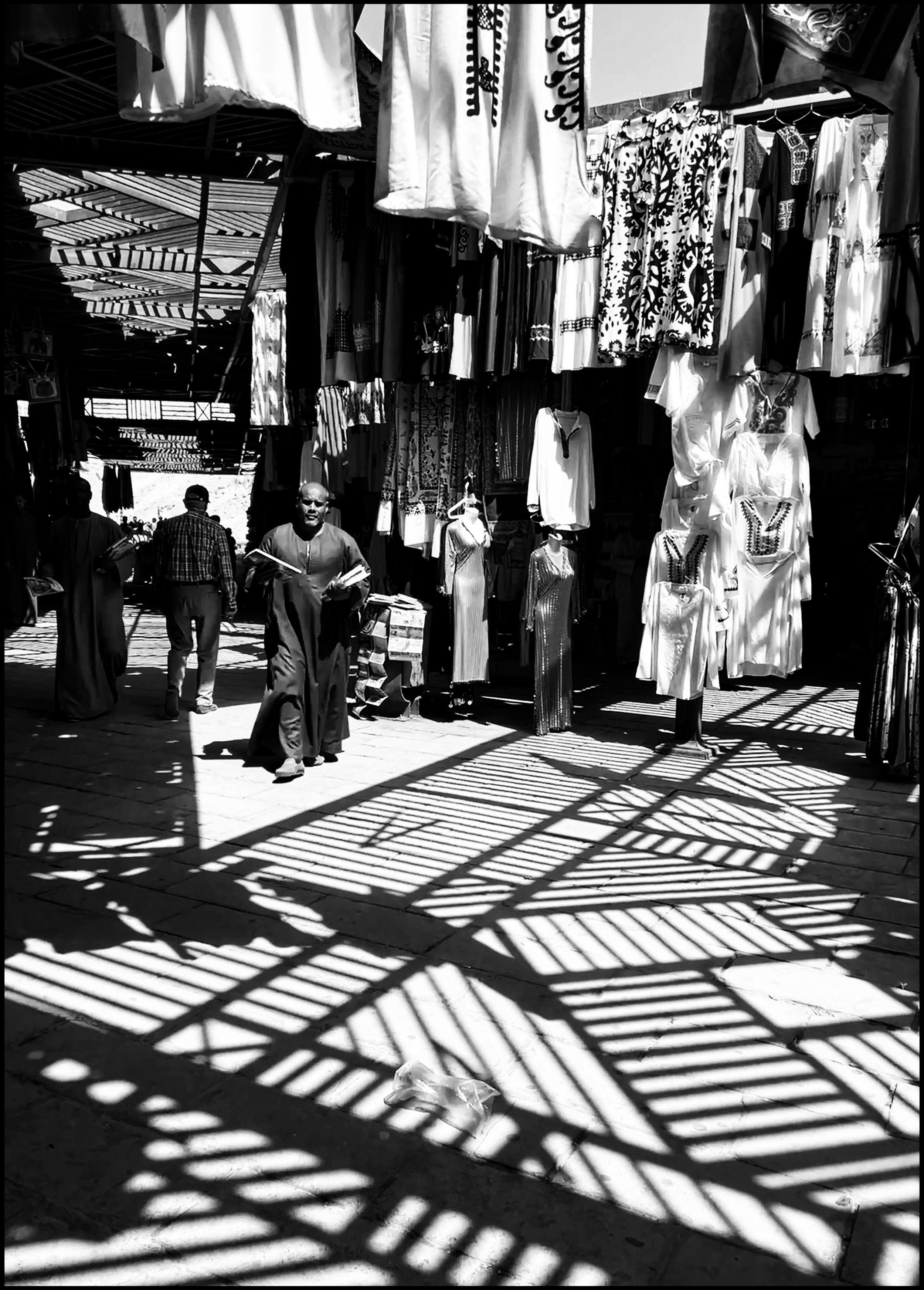
There is a love of geometry here that shines through in both the ancient and the modern architecture. It’s not just a shade structure, it’s a tesselation and a de-light.
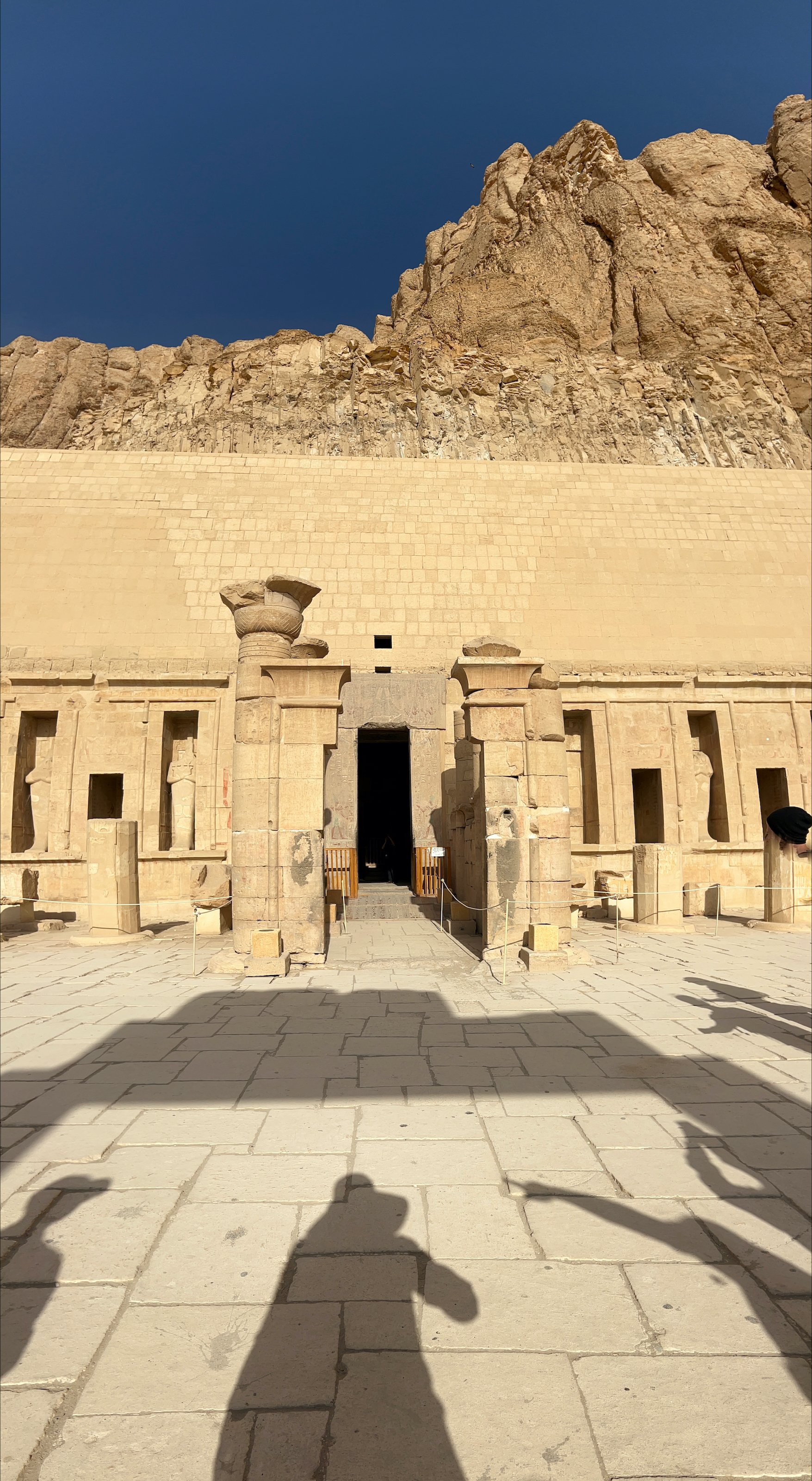
We are standing in the shadows of our ancestors, listening with age-old longing as they speak in tongues of stone and sand.
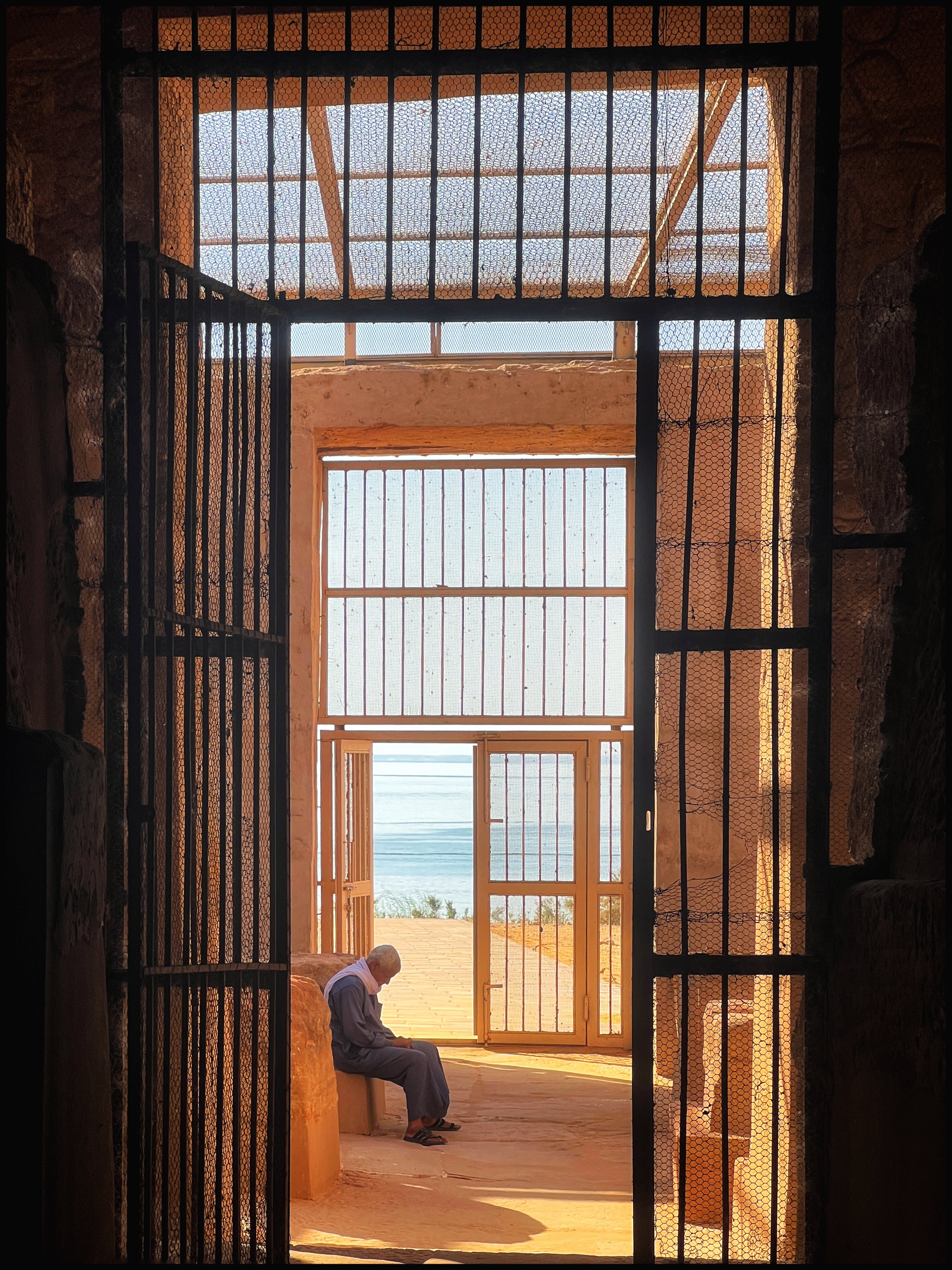
It is difficult to tell the difference between waiting and praying.
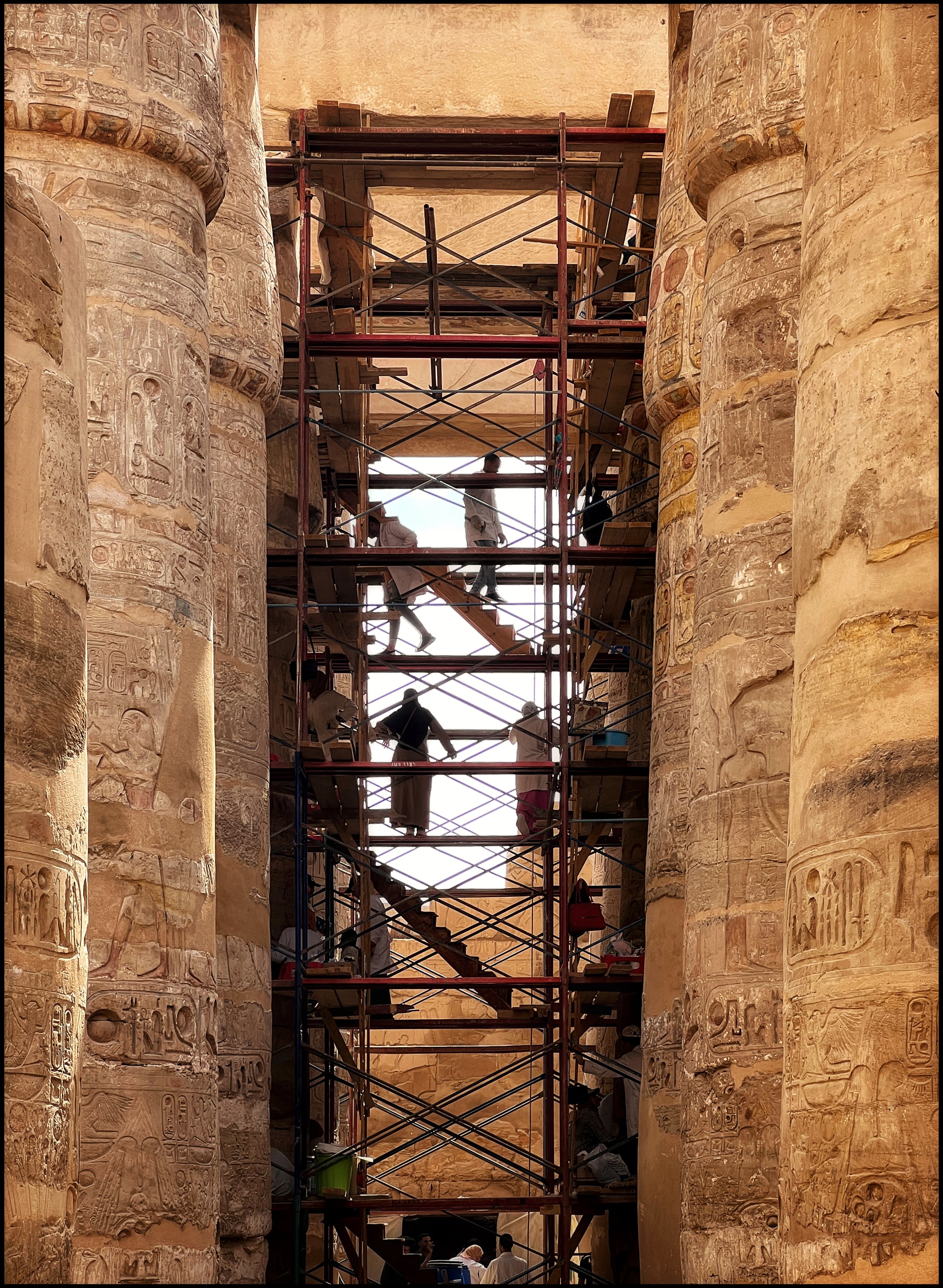
Workers restore the Temple of Karnak. The Gods are under renovation.
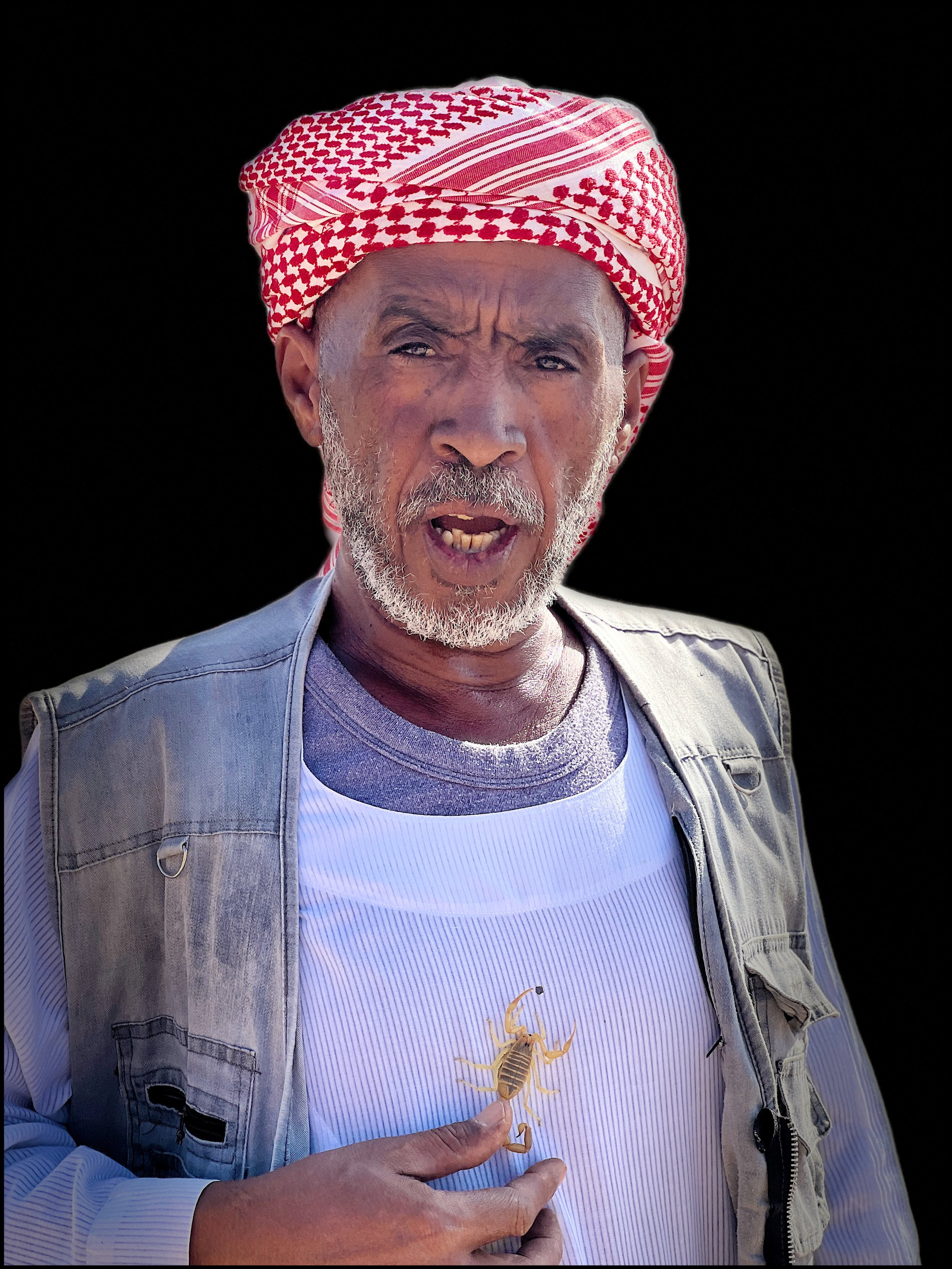
Scorpion is the first animal in the fossil record to migrate from the ocean and adapt to living on land, some 437 million years ago. Humans are among the most recent innovations of the planet, evolving around 300,000 years ago. The “ancient” Egyptians honored the scorpion God Selqet, Goddess of Death and also healing. If you can’t beat them, worship them.
— at New Wadi es-Sebua.
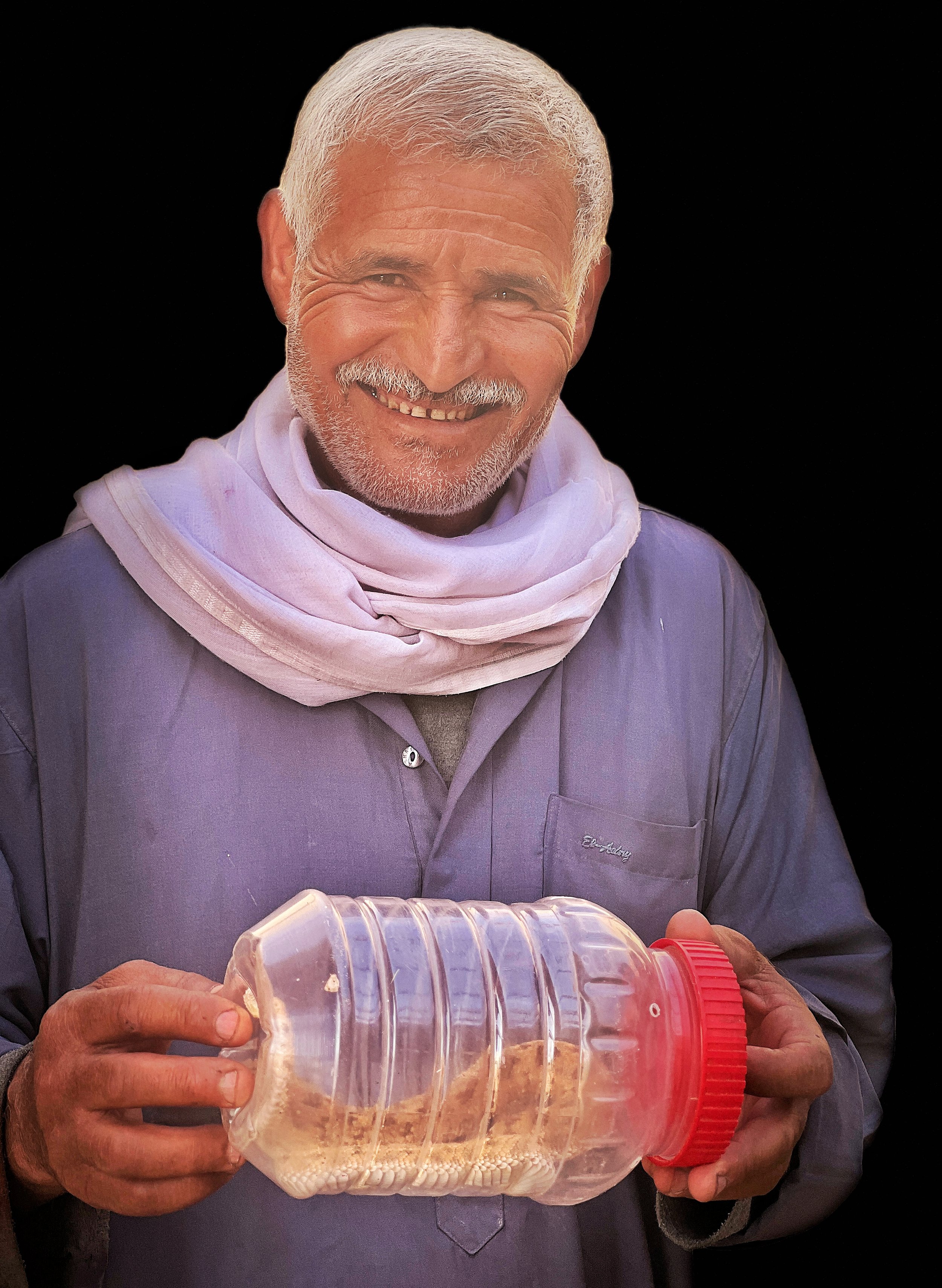
A Nubian man and his pit viper.

Observing my keen interest in birds, Mohamed gave me an impromptu tour of his dovecote. Many Egyptians raise pigeons on the roofs of their buildings for food. I am hoping to try it. When in Abu Simbel…
— at Abu Simbel Temple.
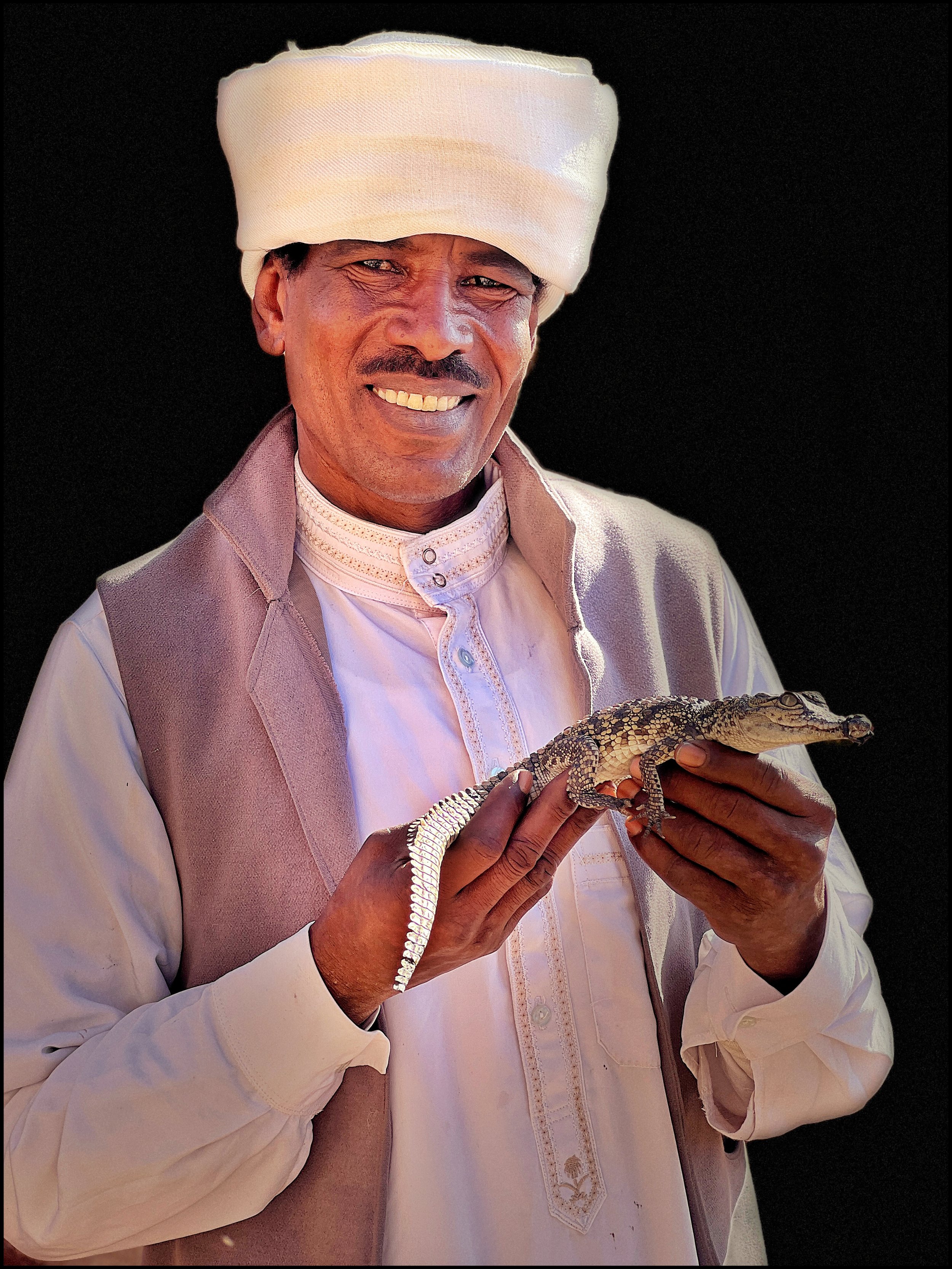
A temple attendant and his Nile crocodile. The ancient Egyptians honored the crocodile God Sobek. It’s a thin line between awful (awe-full) and awesome (awe-some).
— at New Wadi es-Sebua.
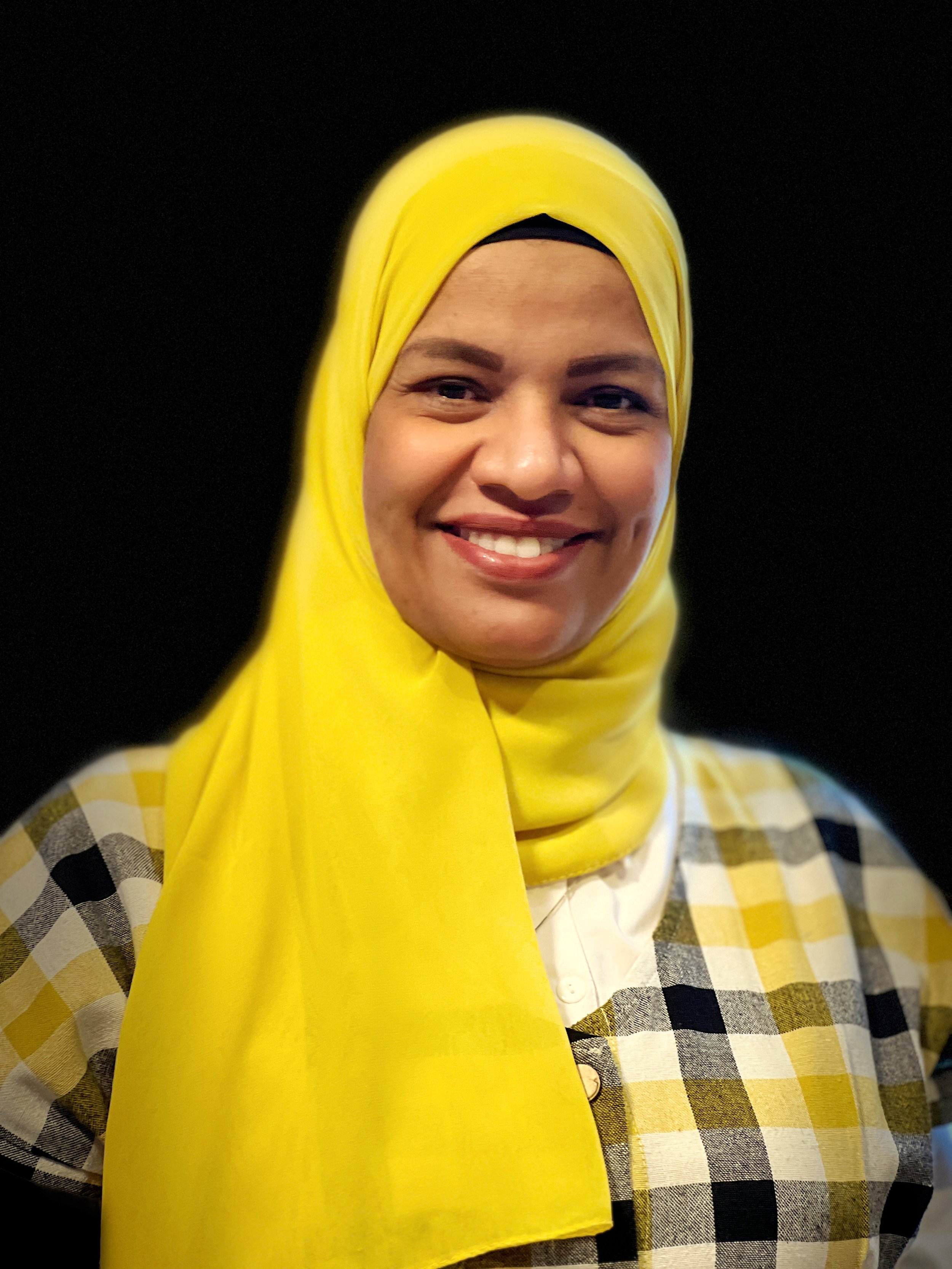
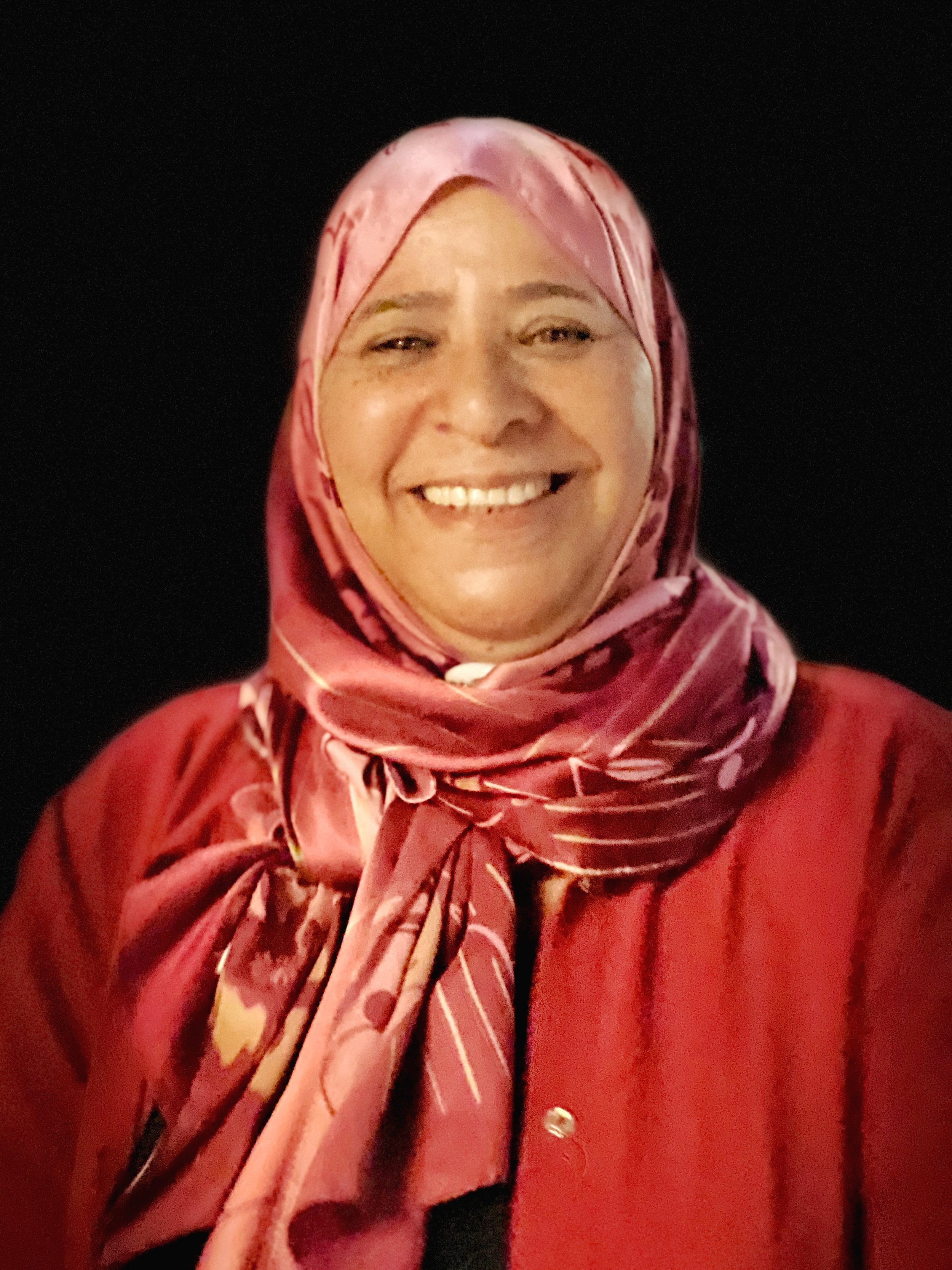
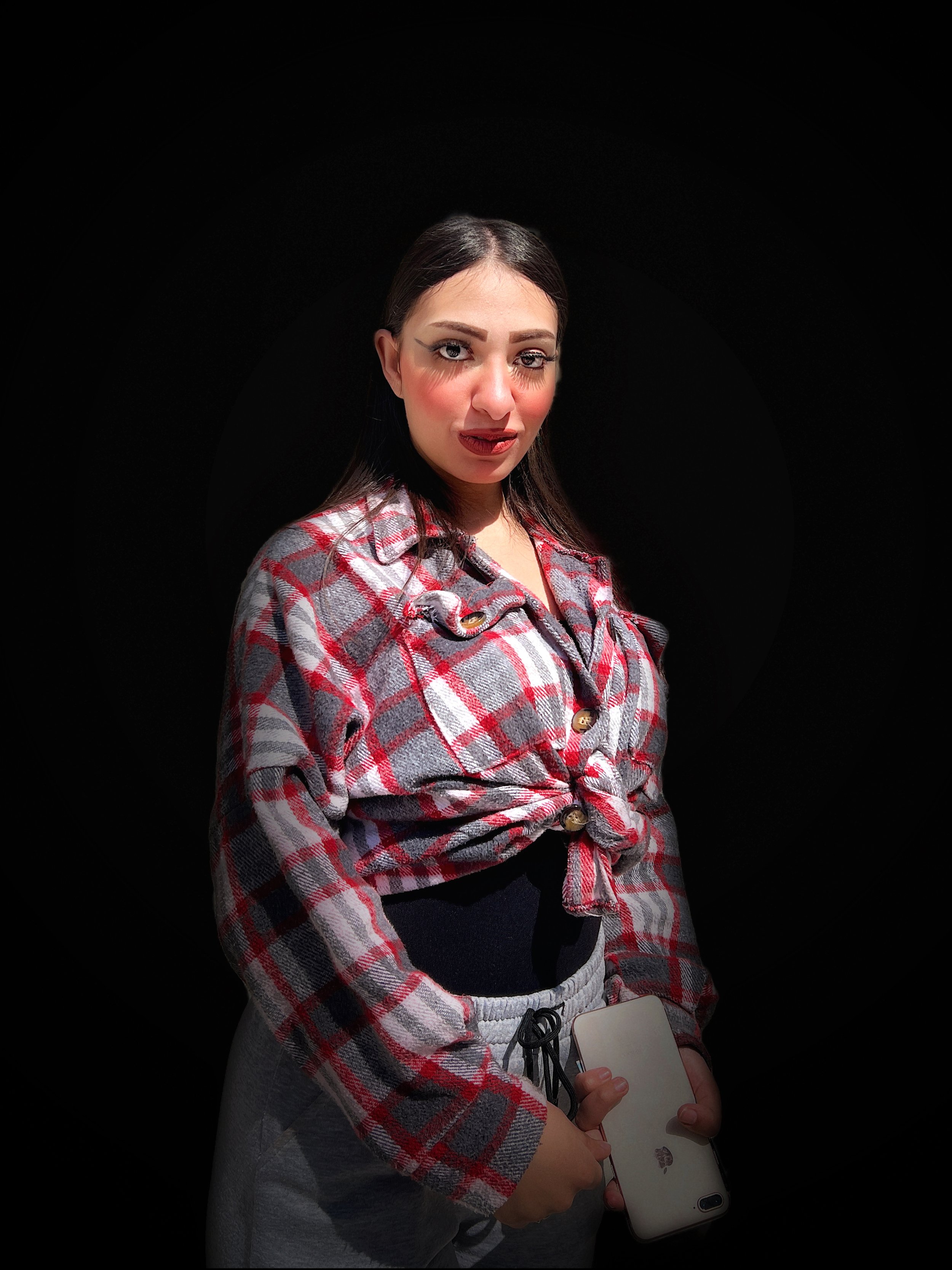

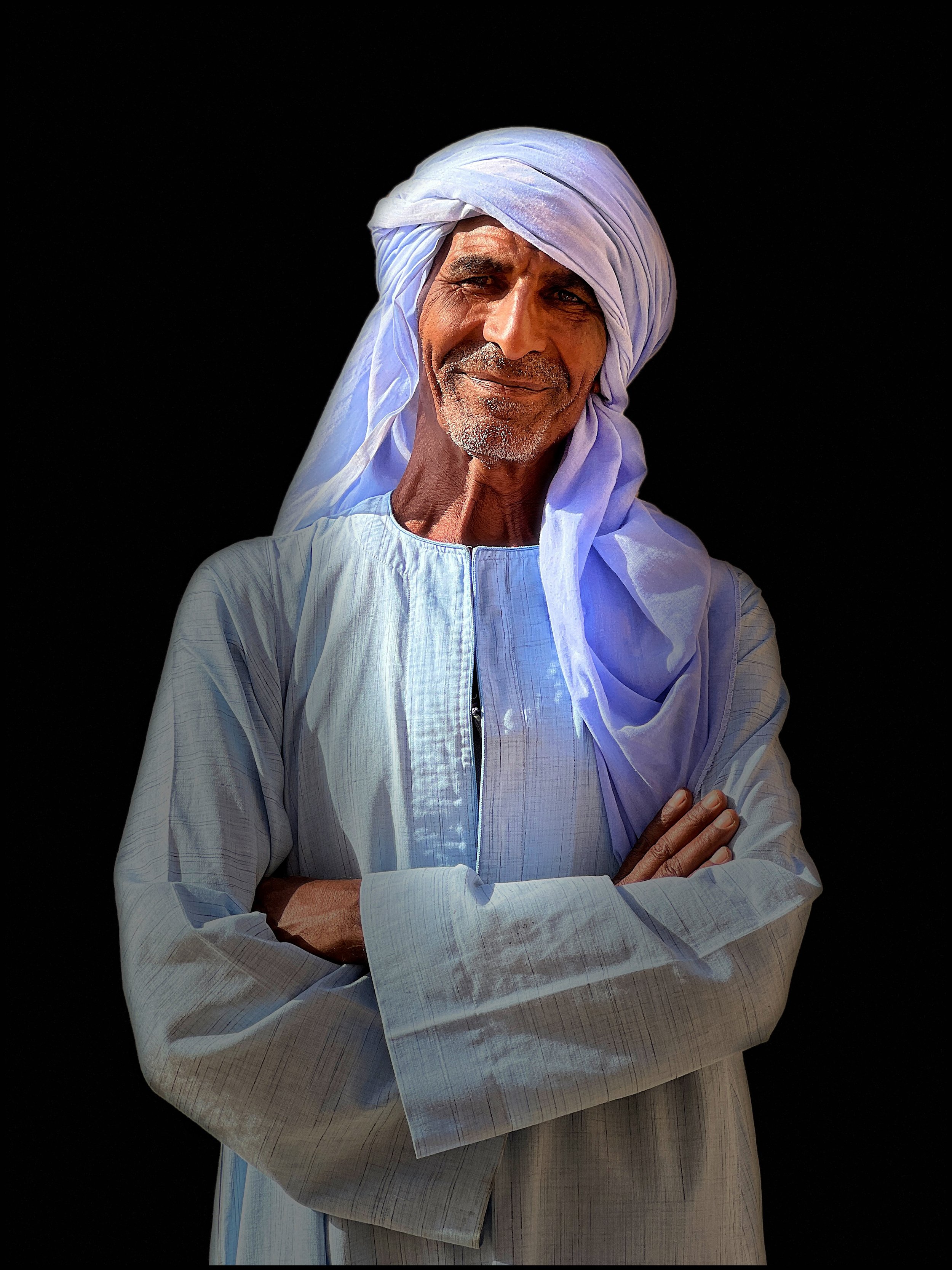
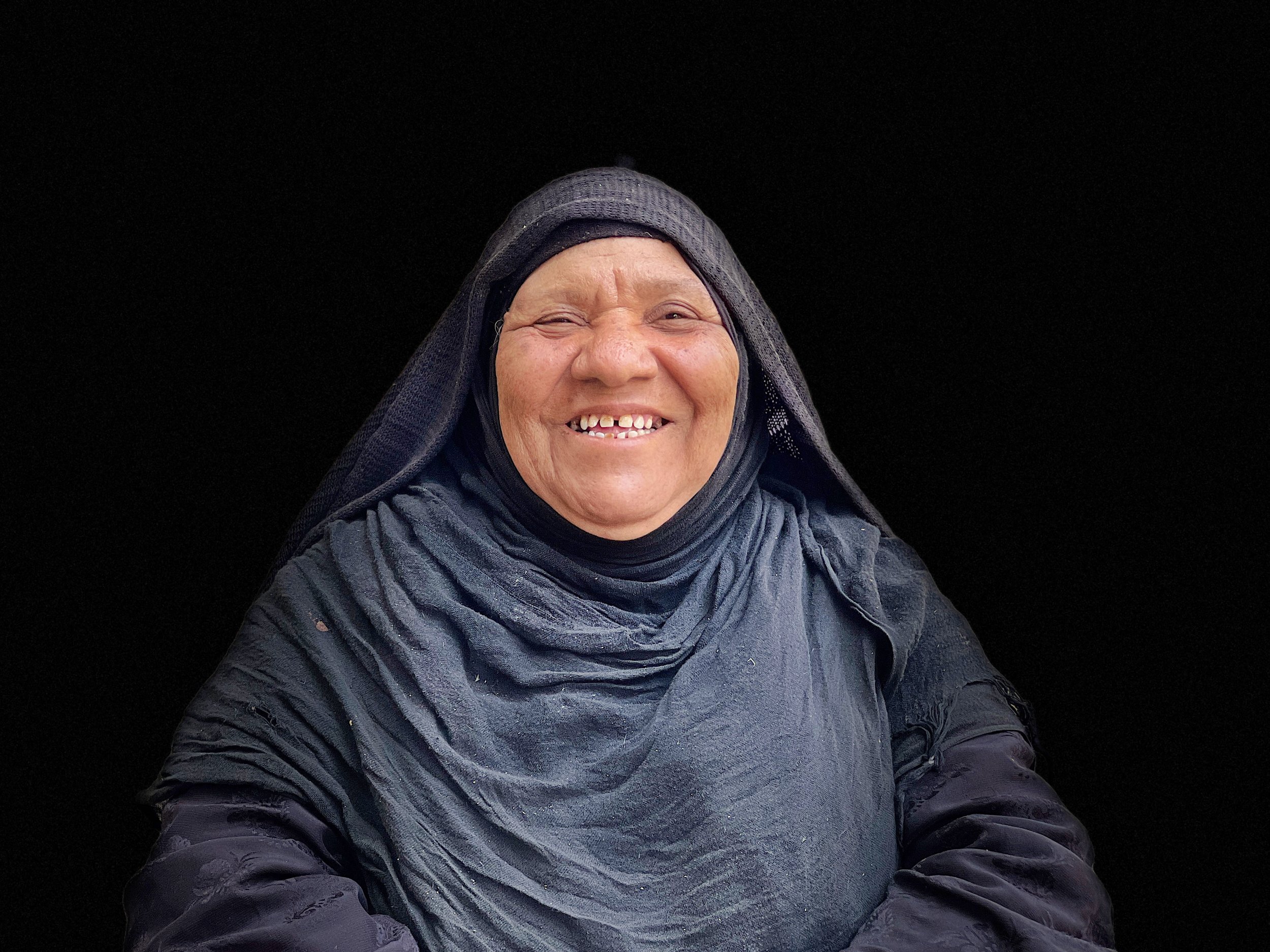
“To be surrounded by beautiful, curious, breathing, laughing flesh is enough” - excerpt from I Sing the Body Electric by Walt Whitman
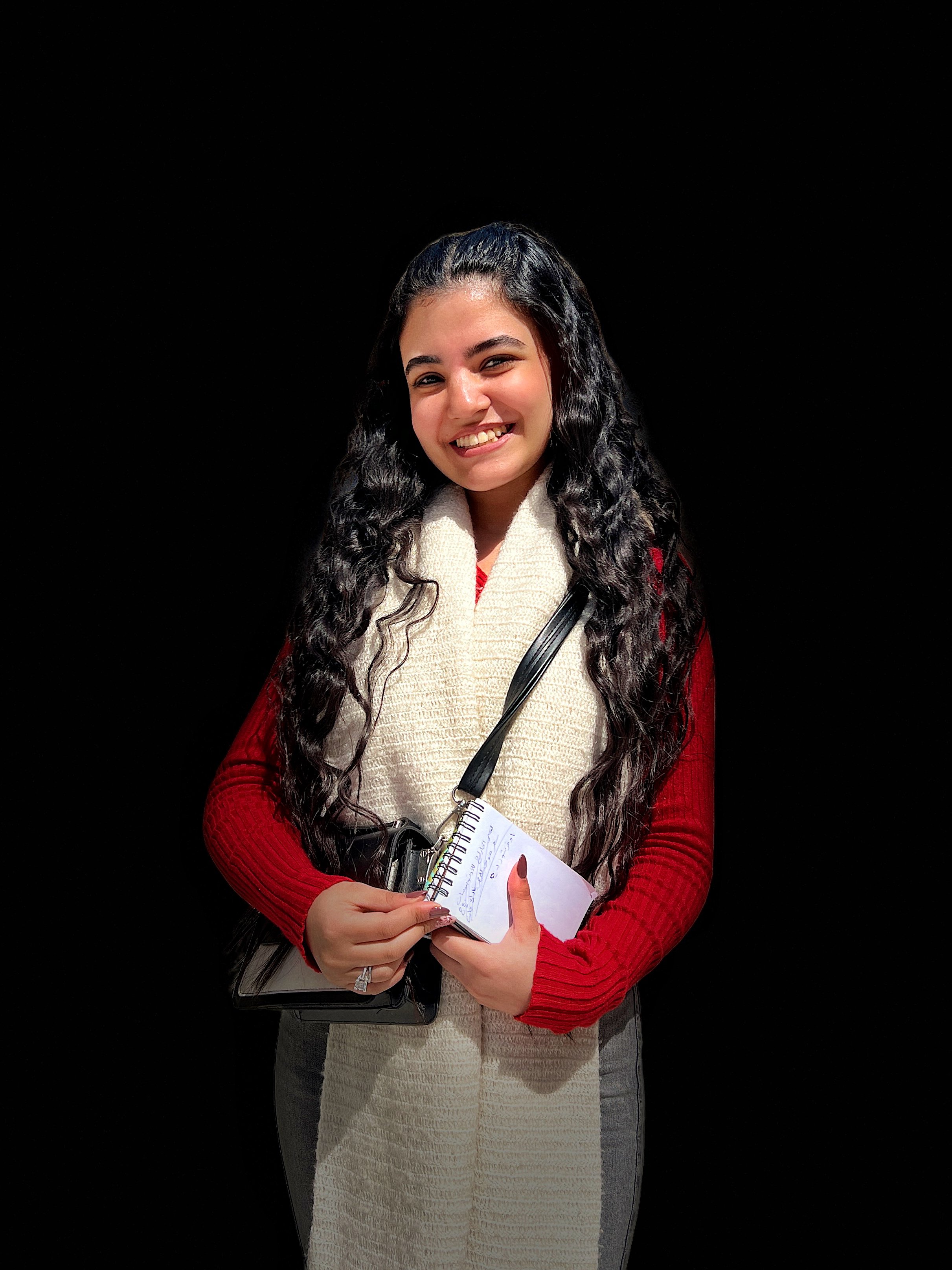
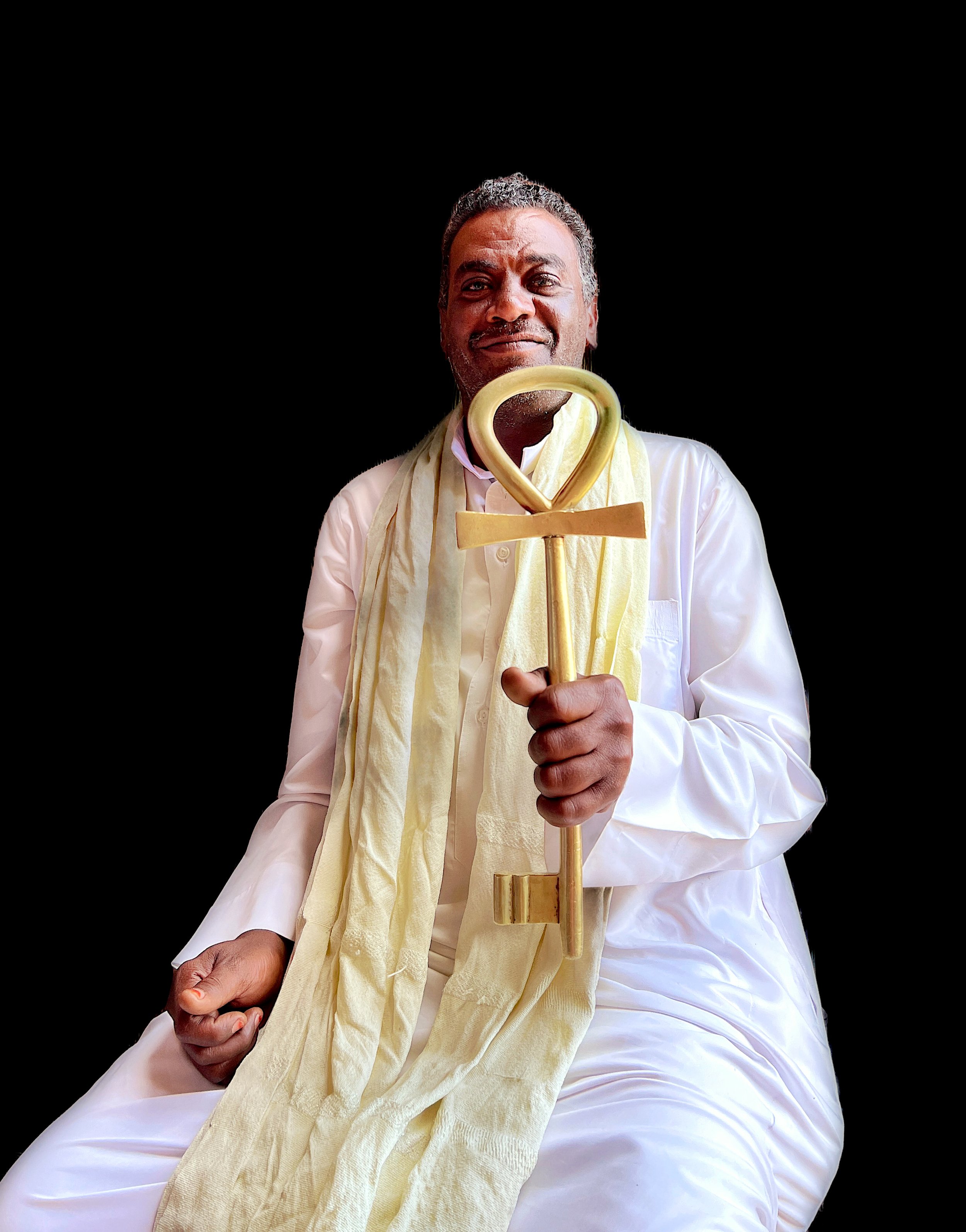
A temple attendant holding an Ankh, the key to eternal life. As challenging as Life is, we want infinitely more of it.
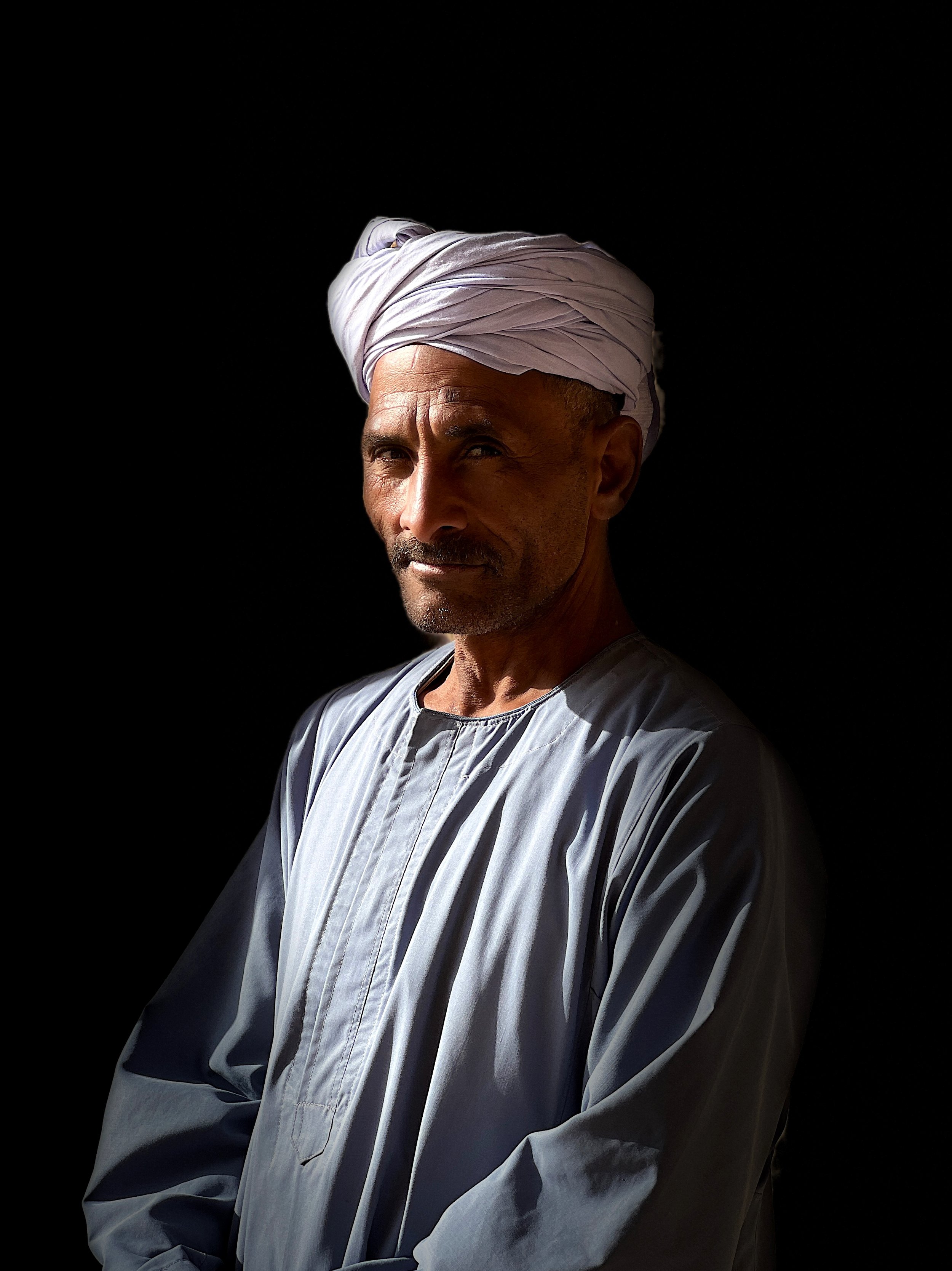
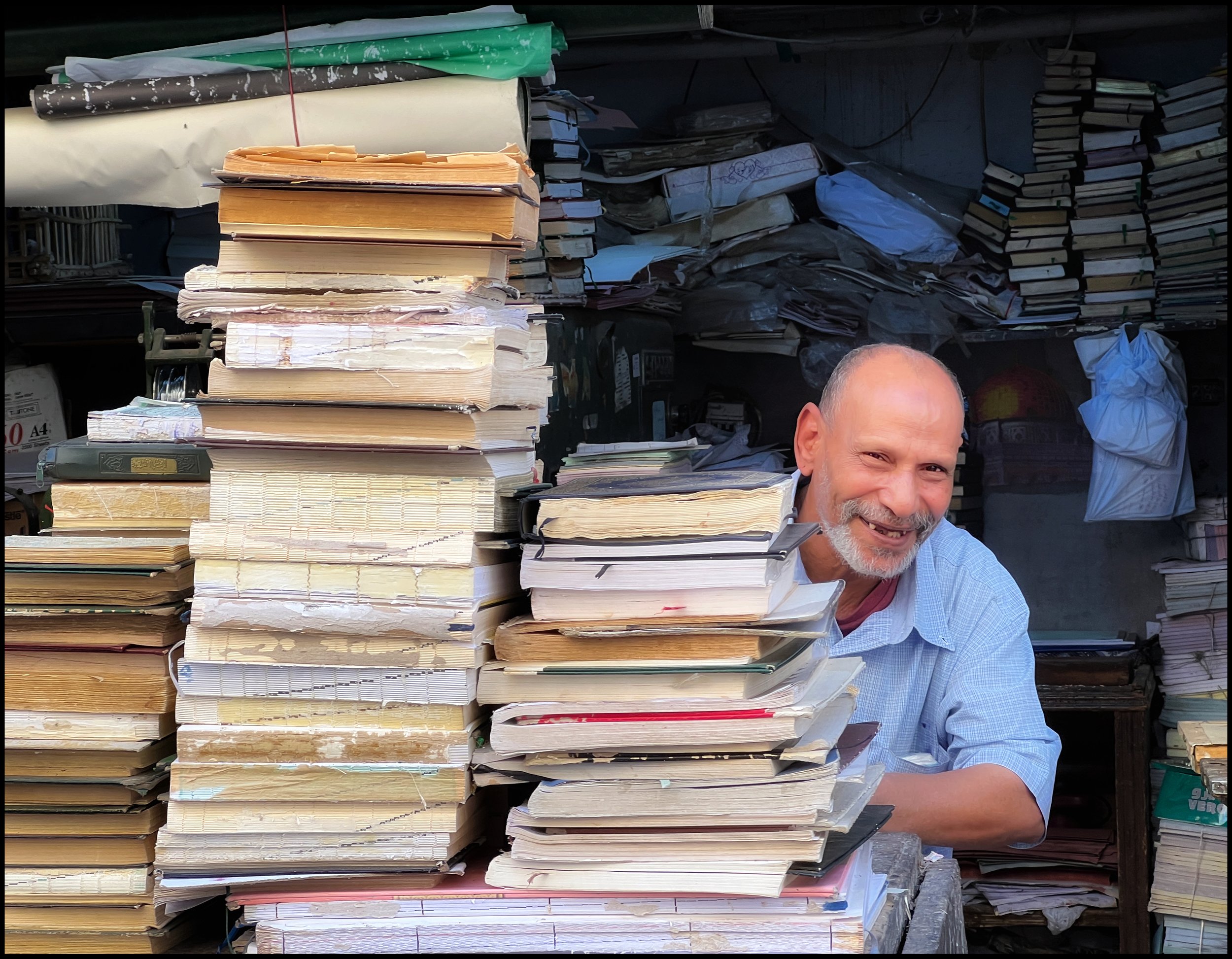
Reading may be the best way to access the mysterious interiority of others. I think of each of us as a library whose bibliography I would like to read.
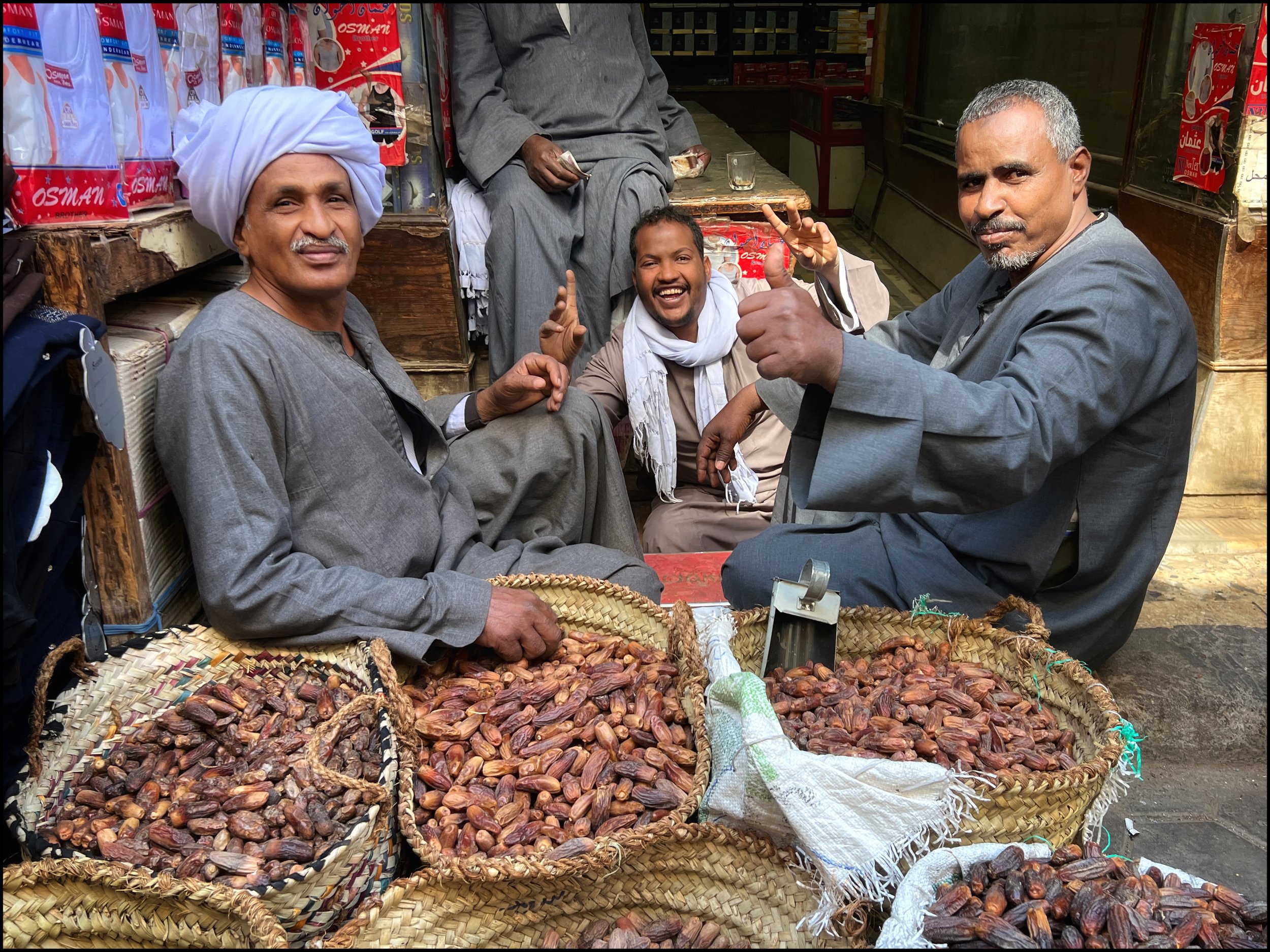
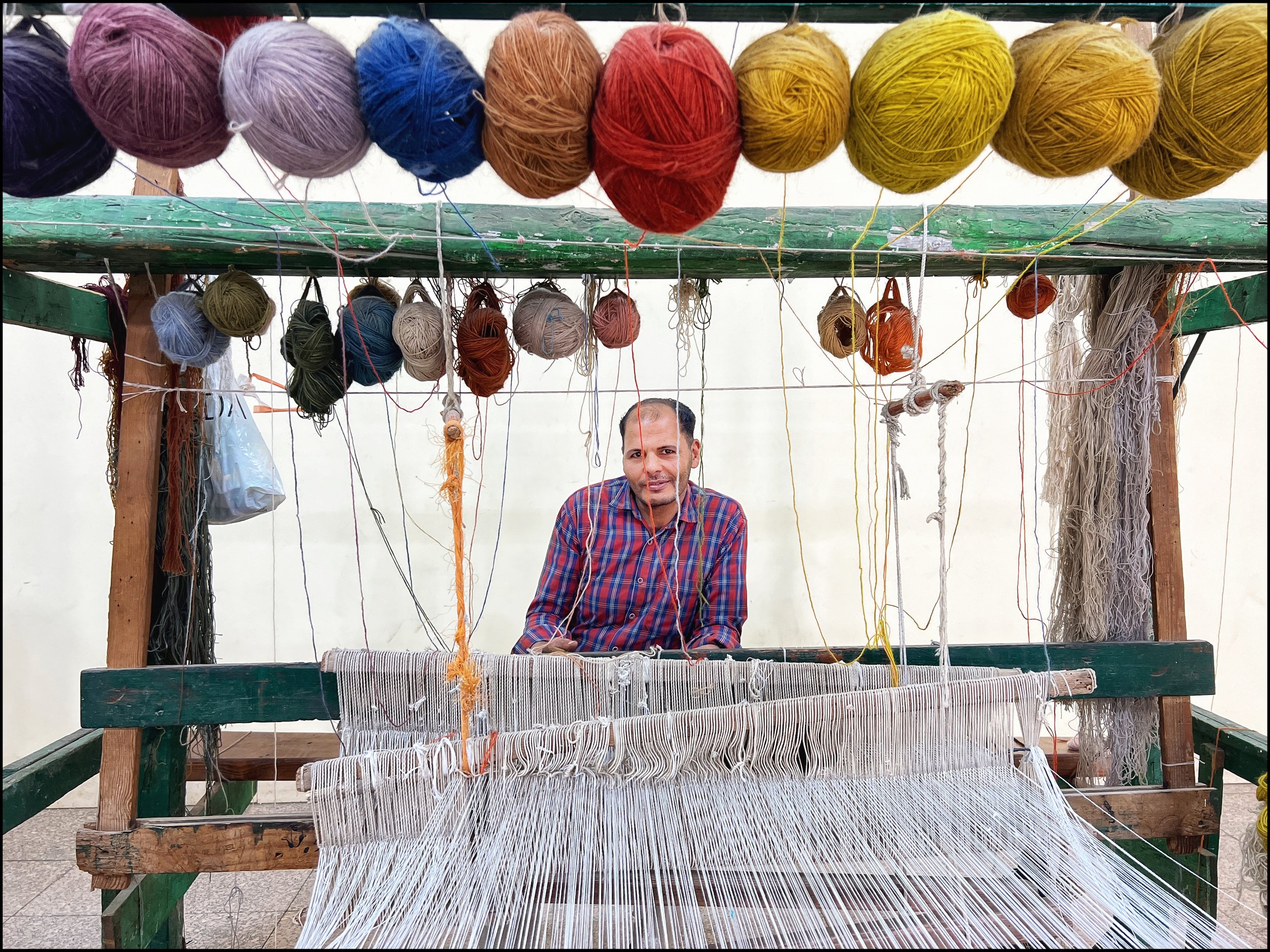
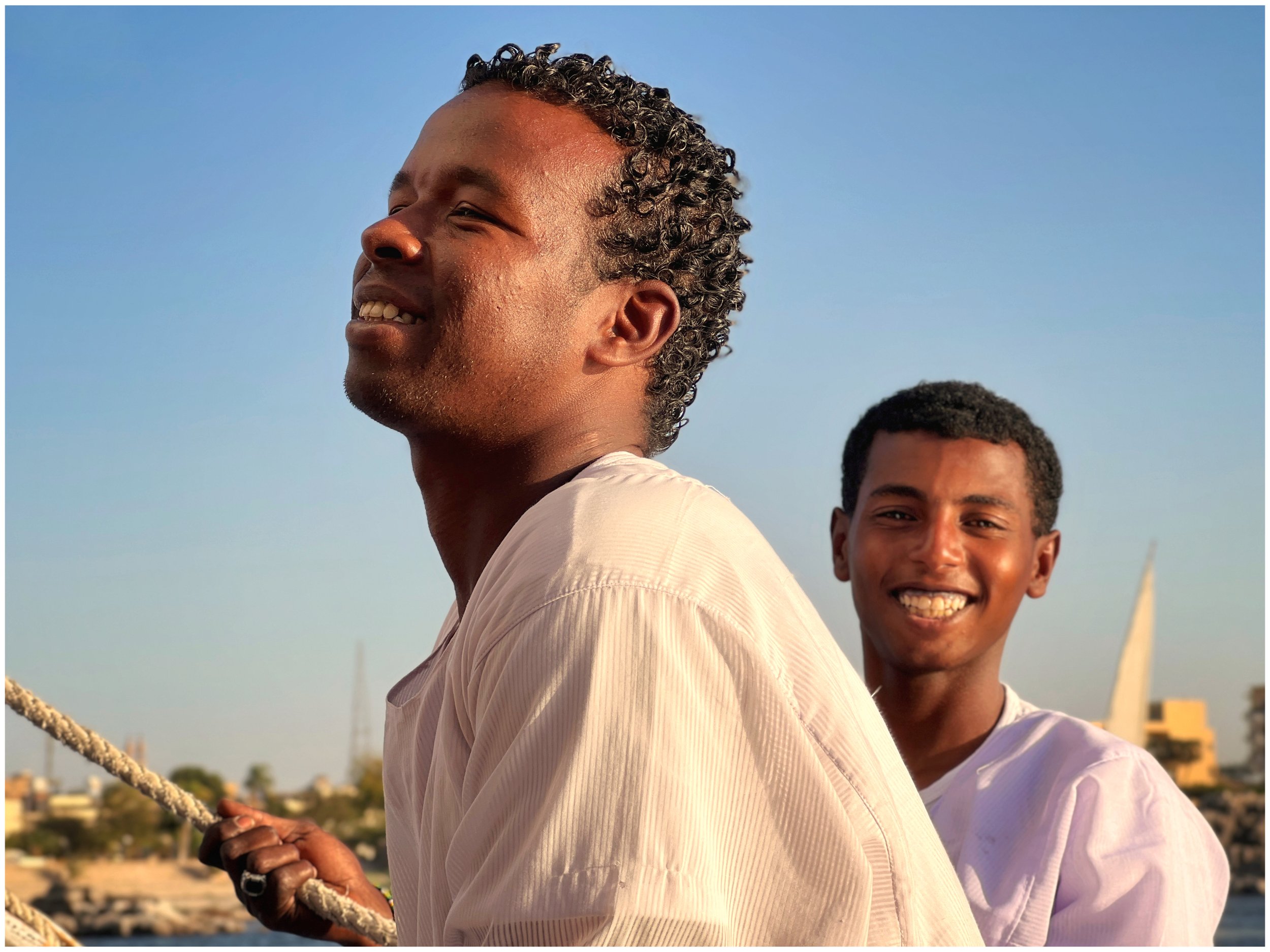
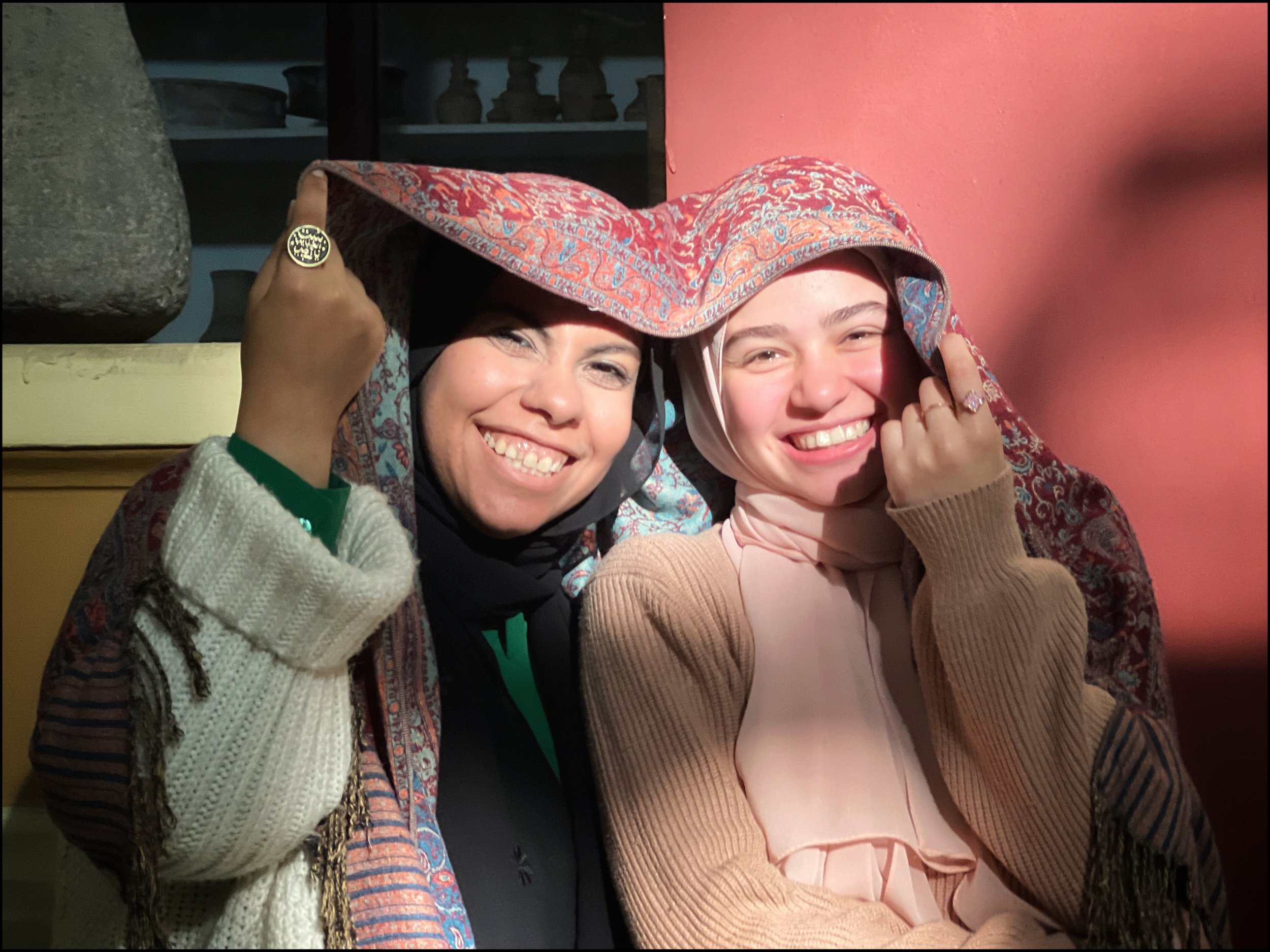
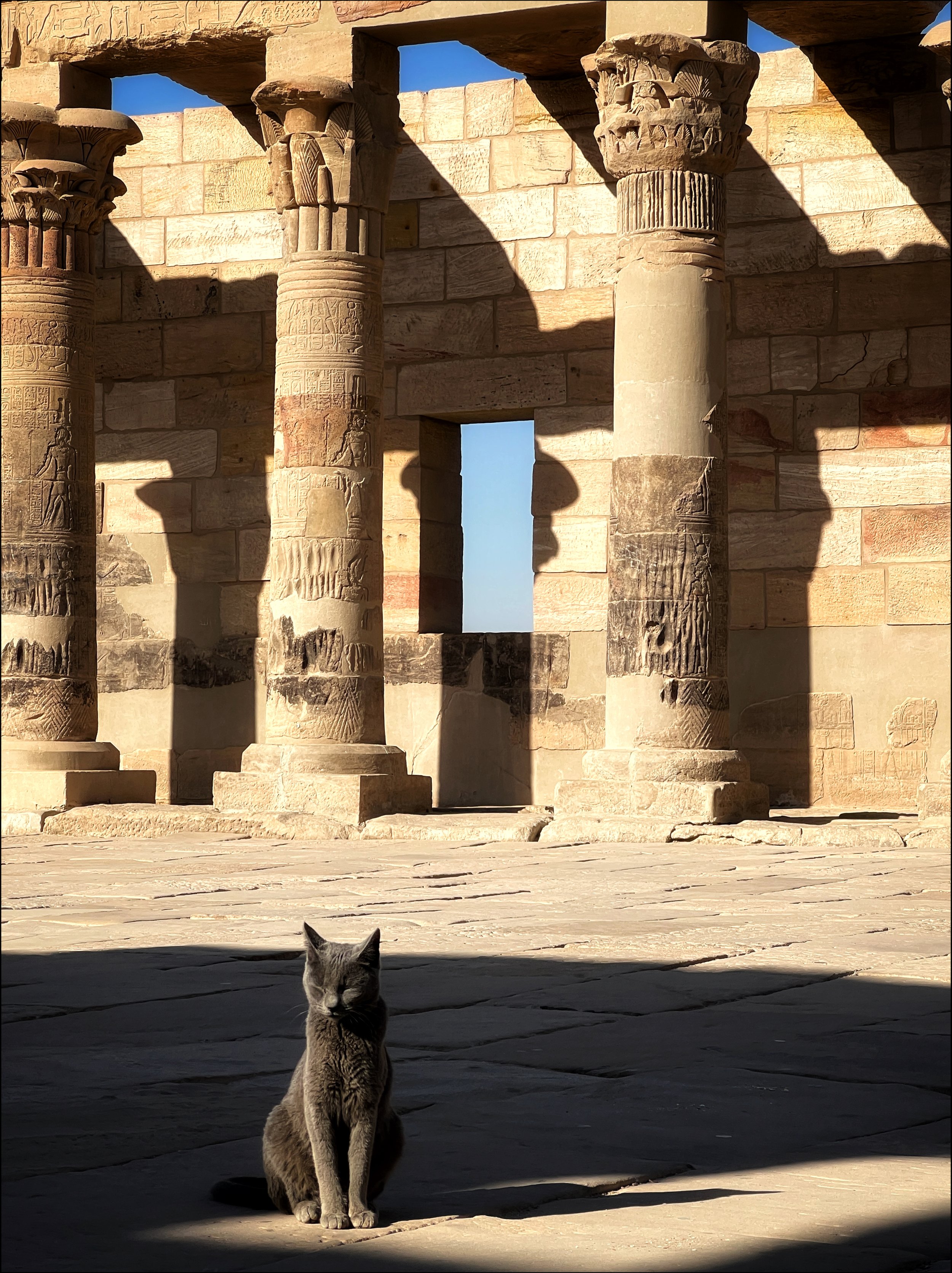
There are many Gods at the Temple of Philae. Some of them have fur.
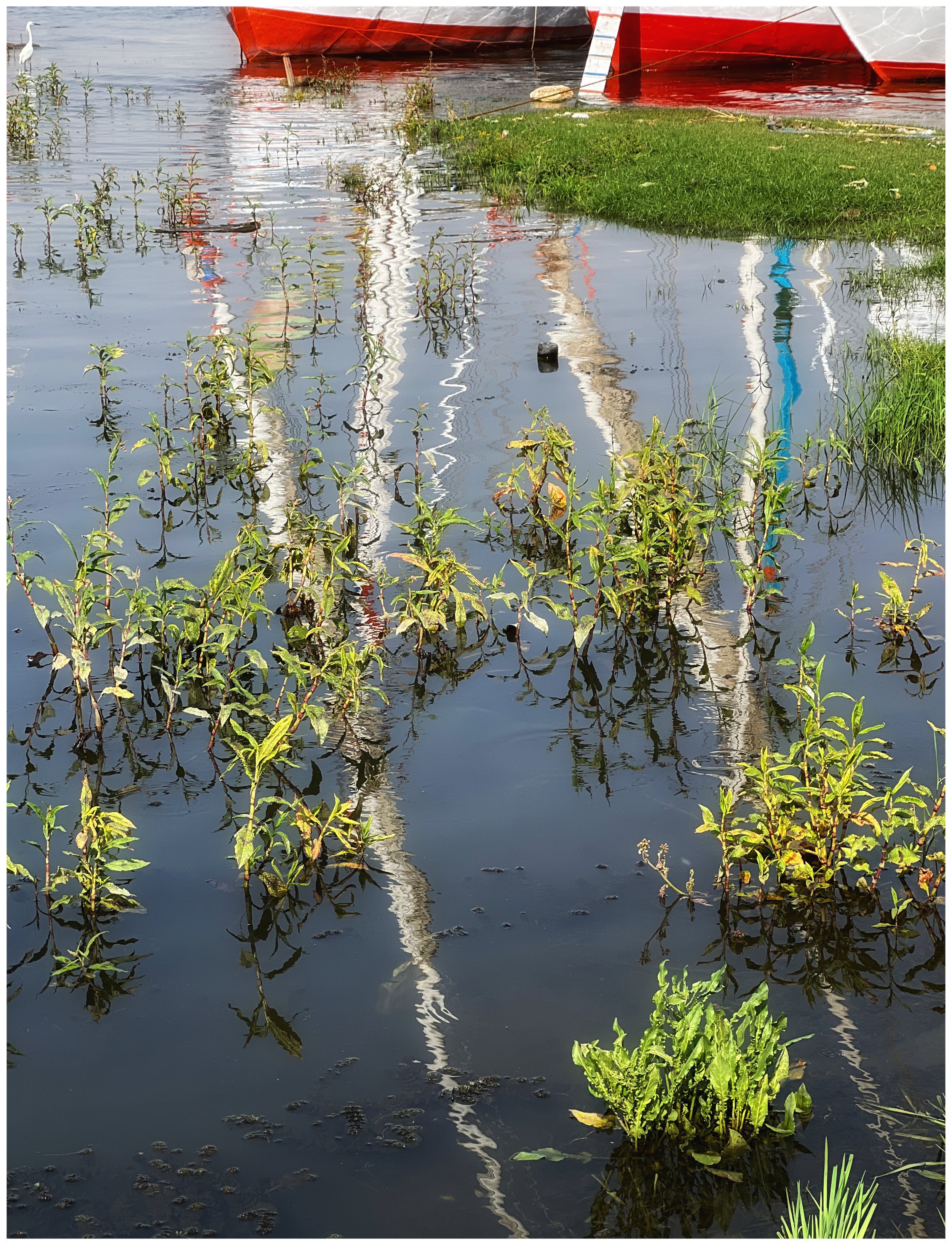
To touch the Nile is to feel the jugular vein of human civilization, sensing the pulse of time flowing through our fingers.
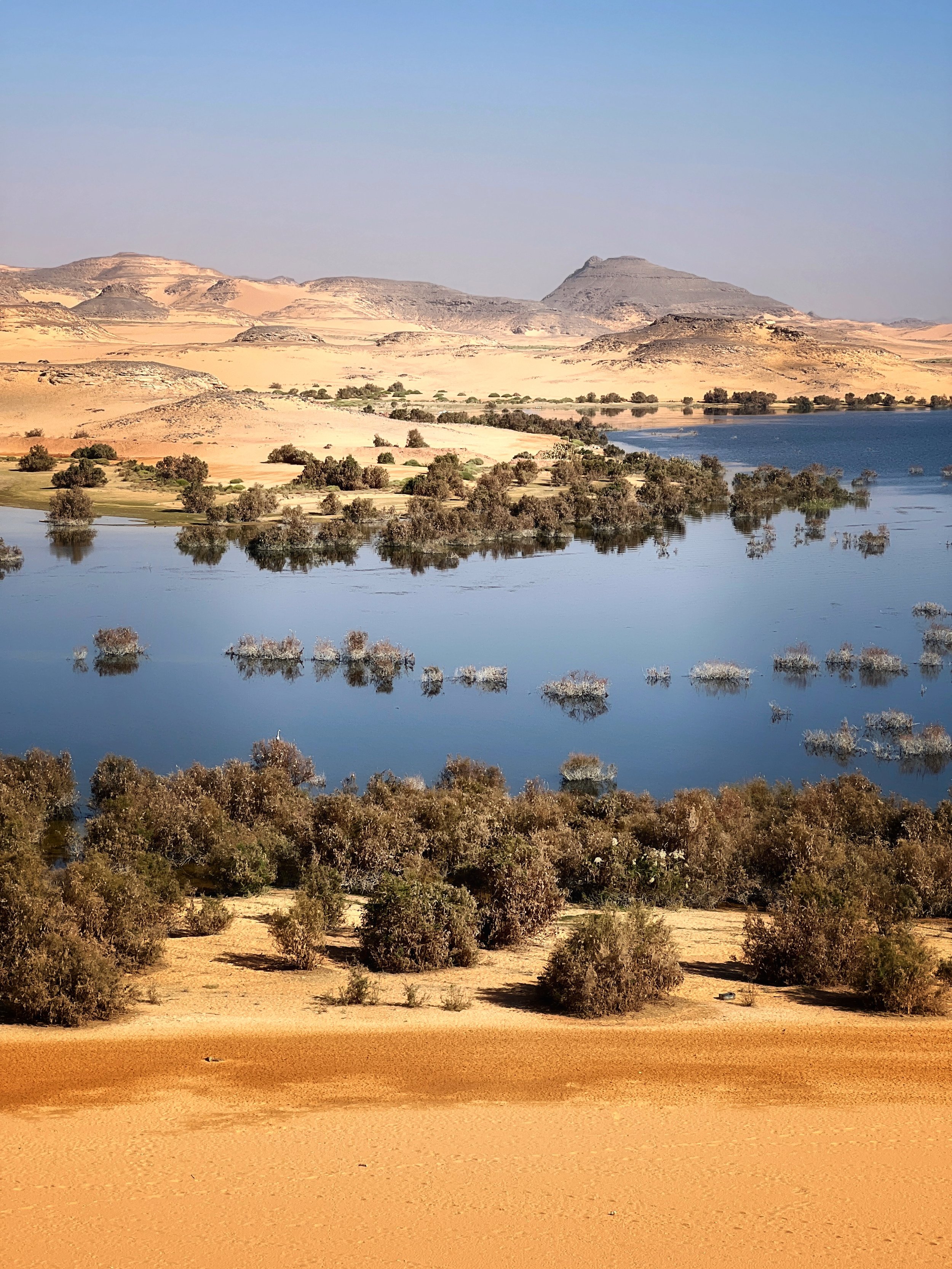
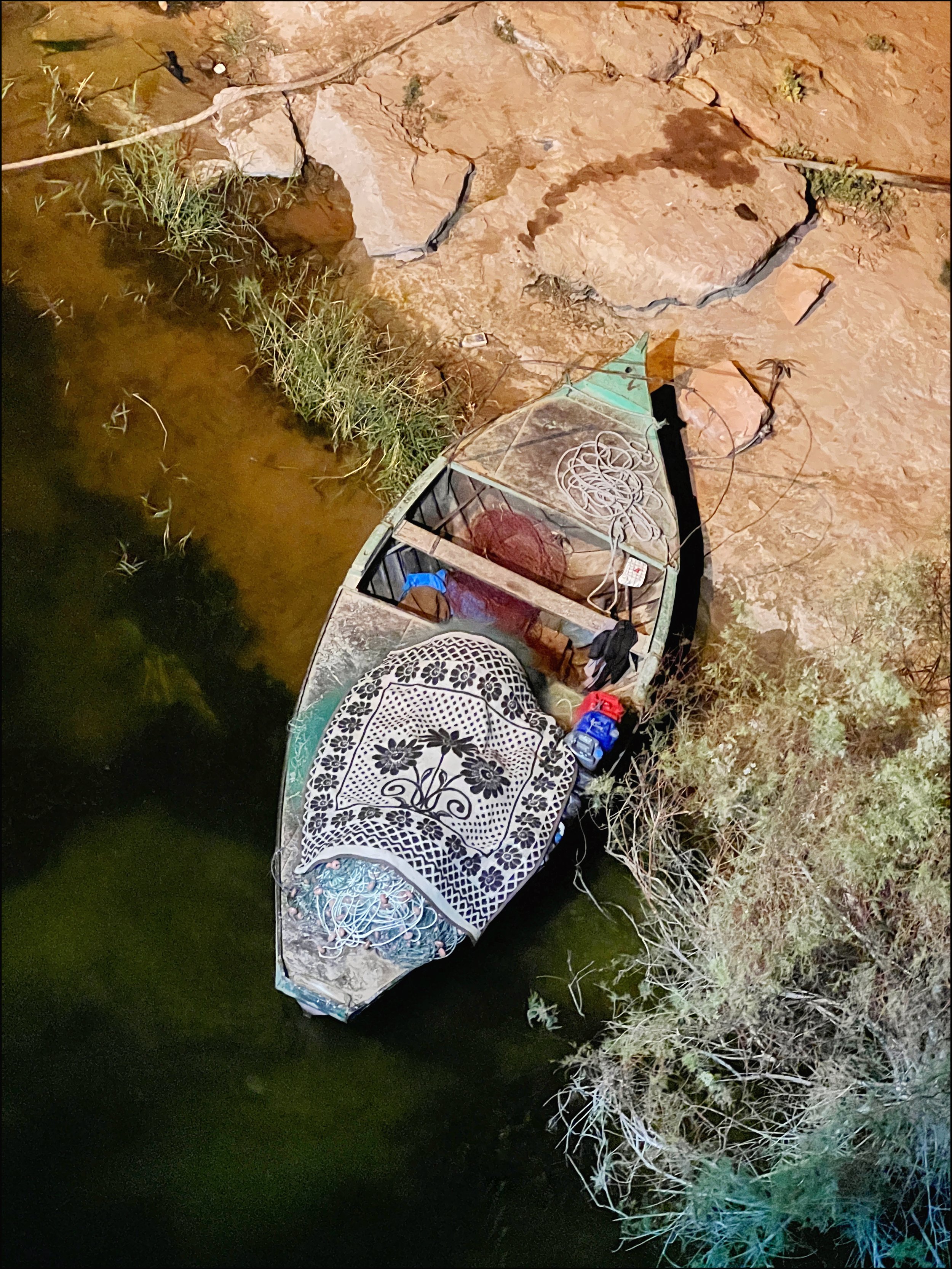
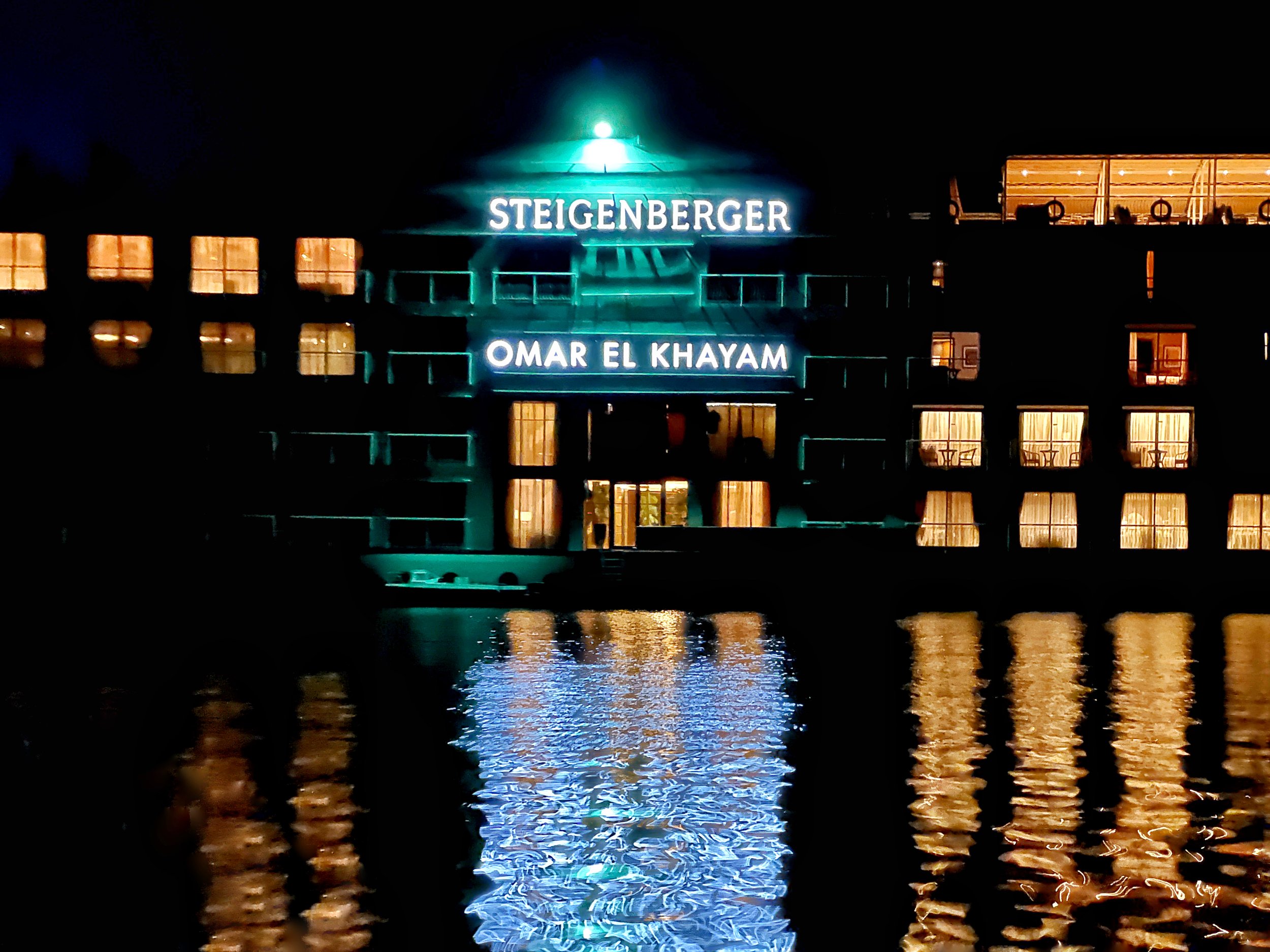
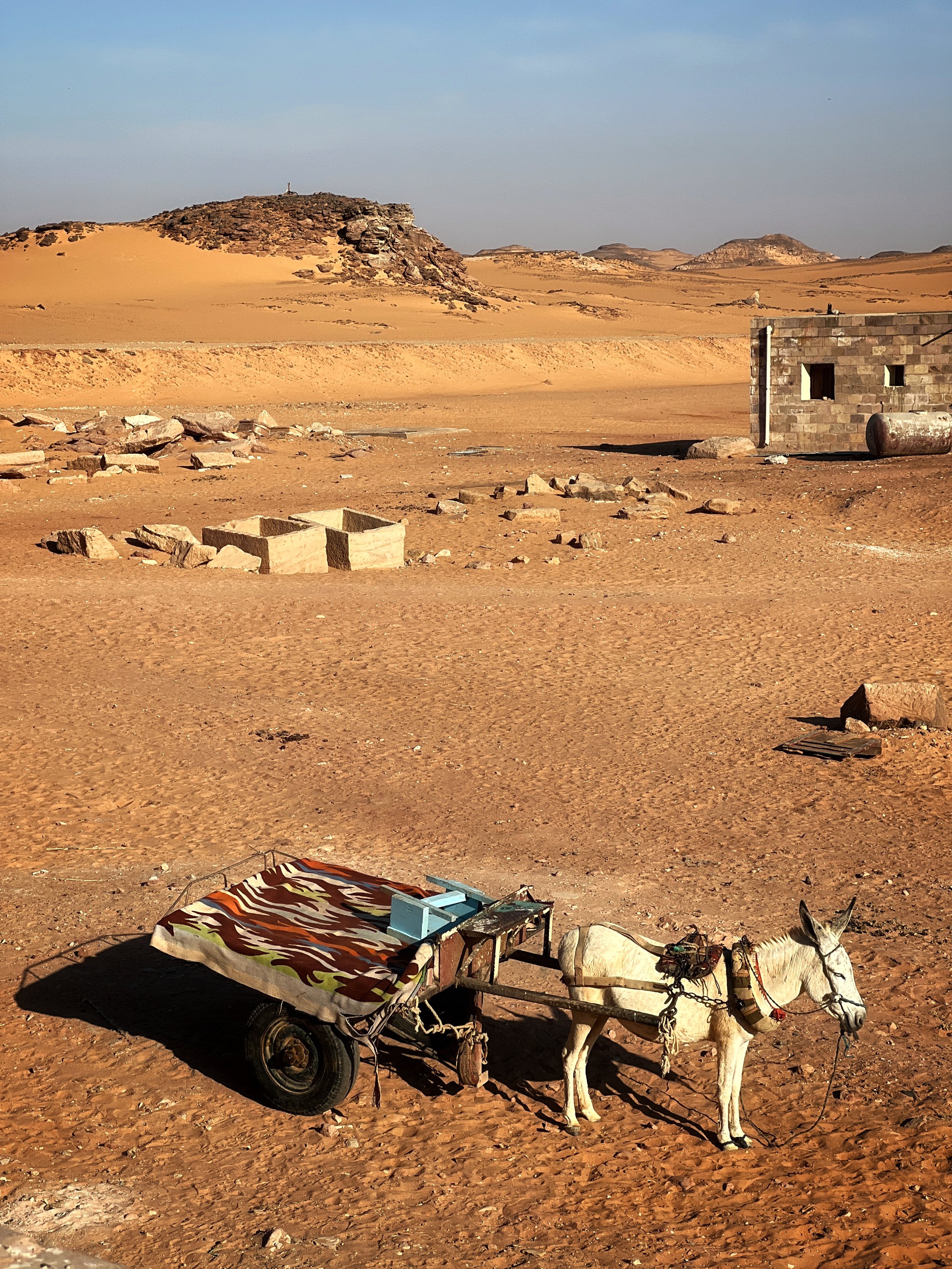
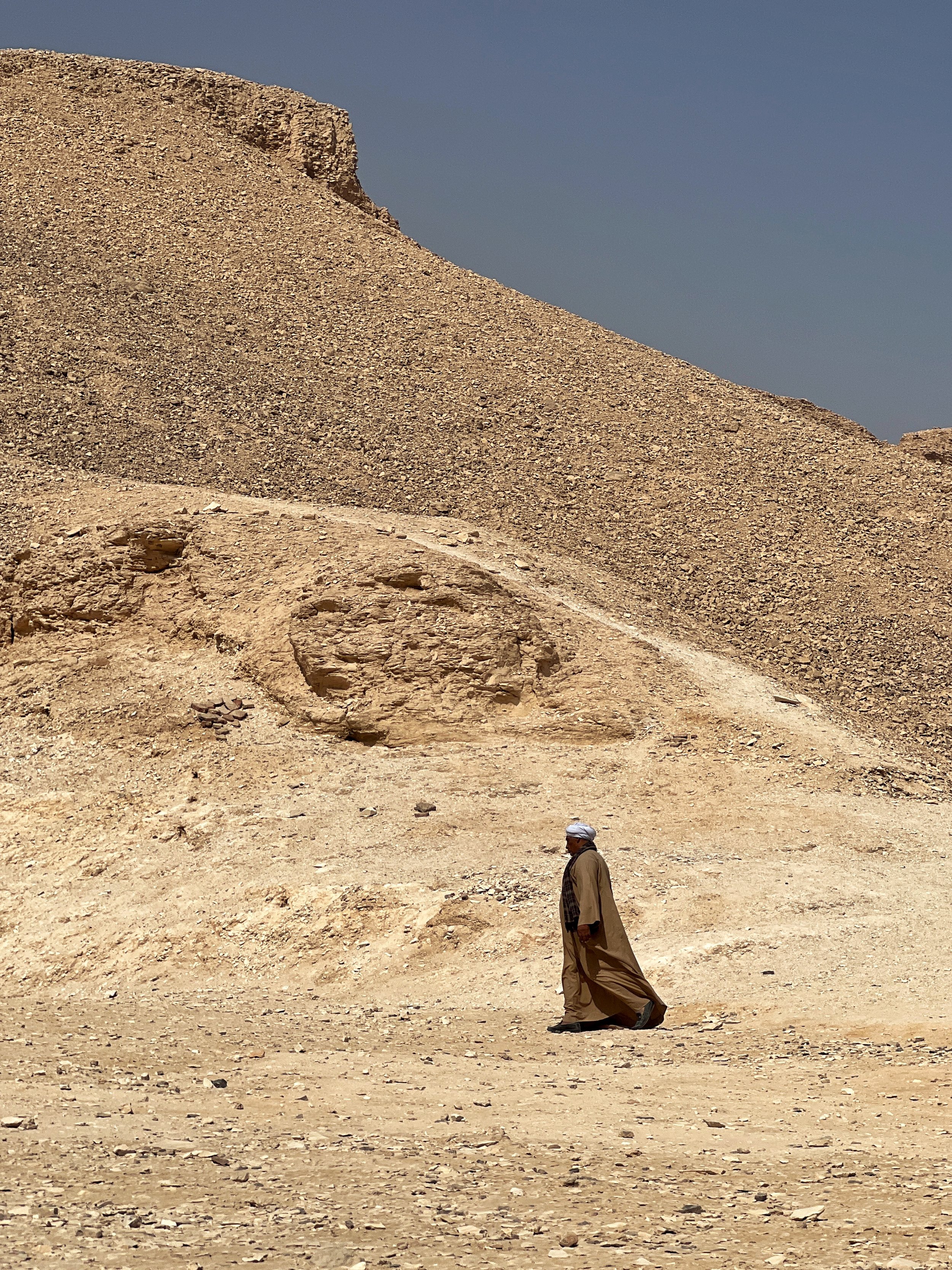
In the vast expanse of harsh Nothing that is the Sahara, there lives the audacity of jumping spiders, scorpions, and humans determined to make a mark on barren rock, erecting temples in the name of Something.
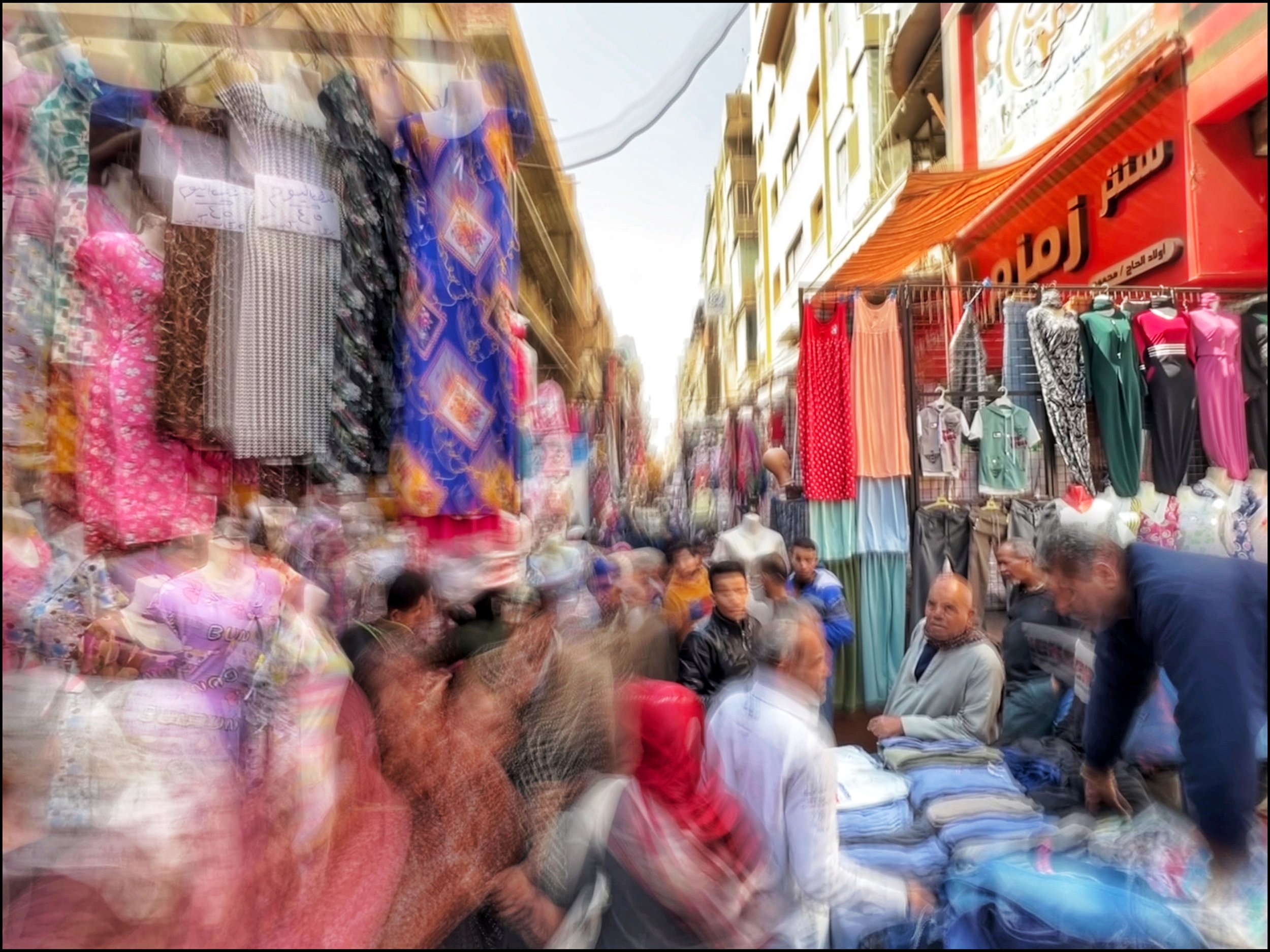
Is the maximalism of the bazaar an antidote to the minimalism of the Sahara?
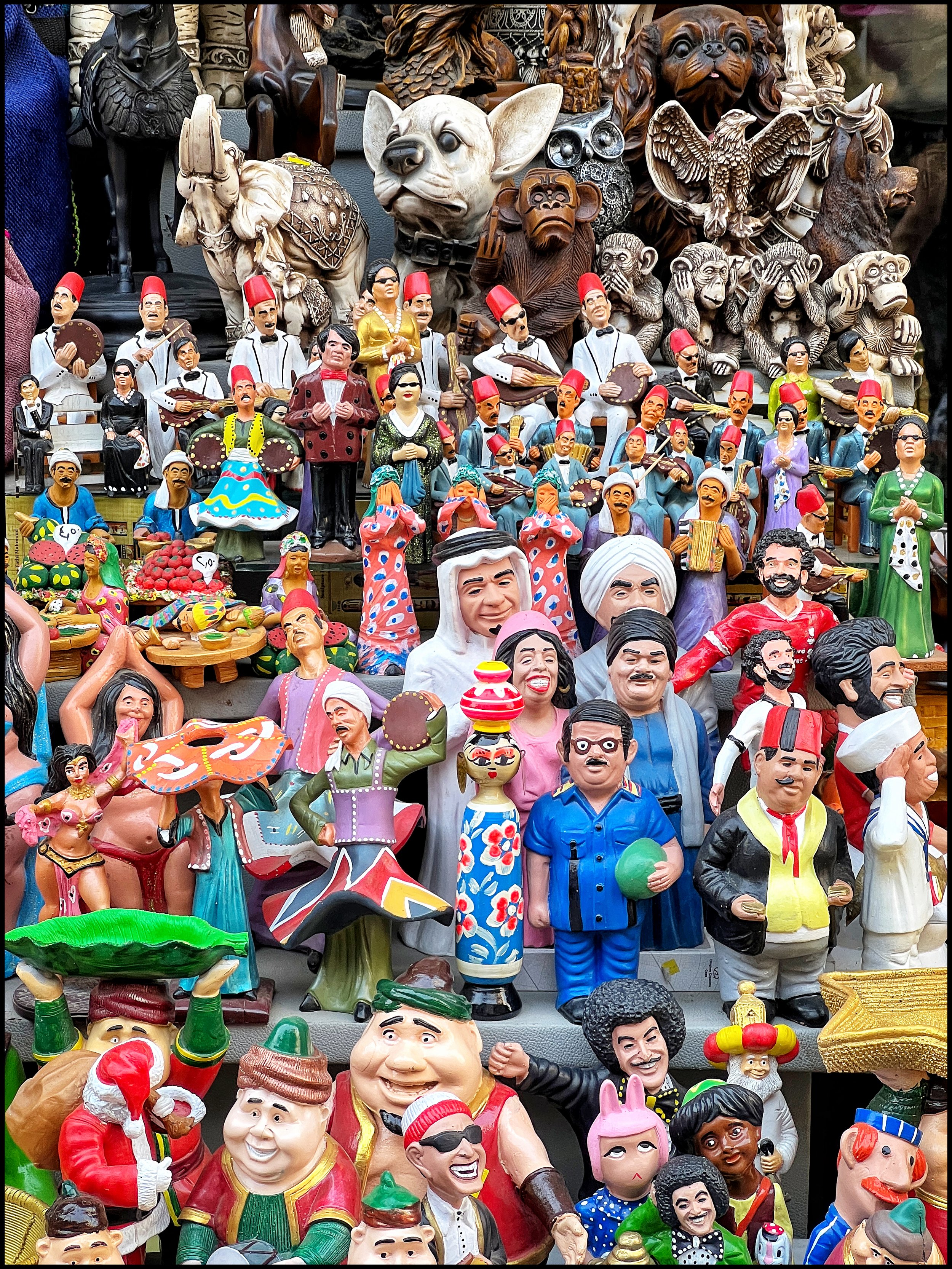
The bazaar is the sistine chapel of tchotchkes.
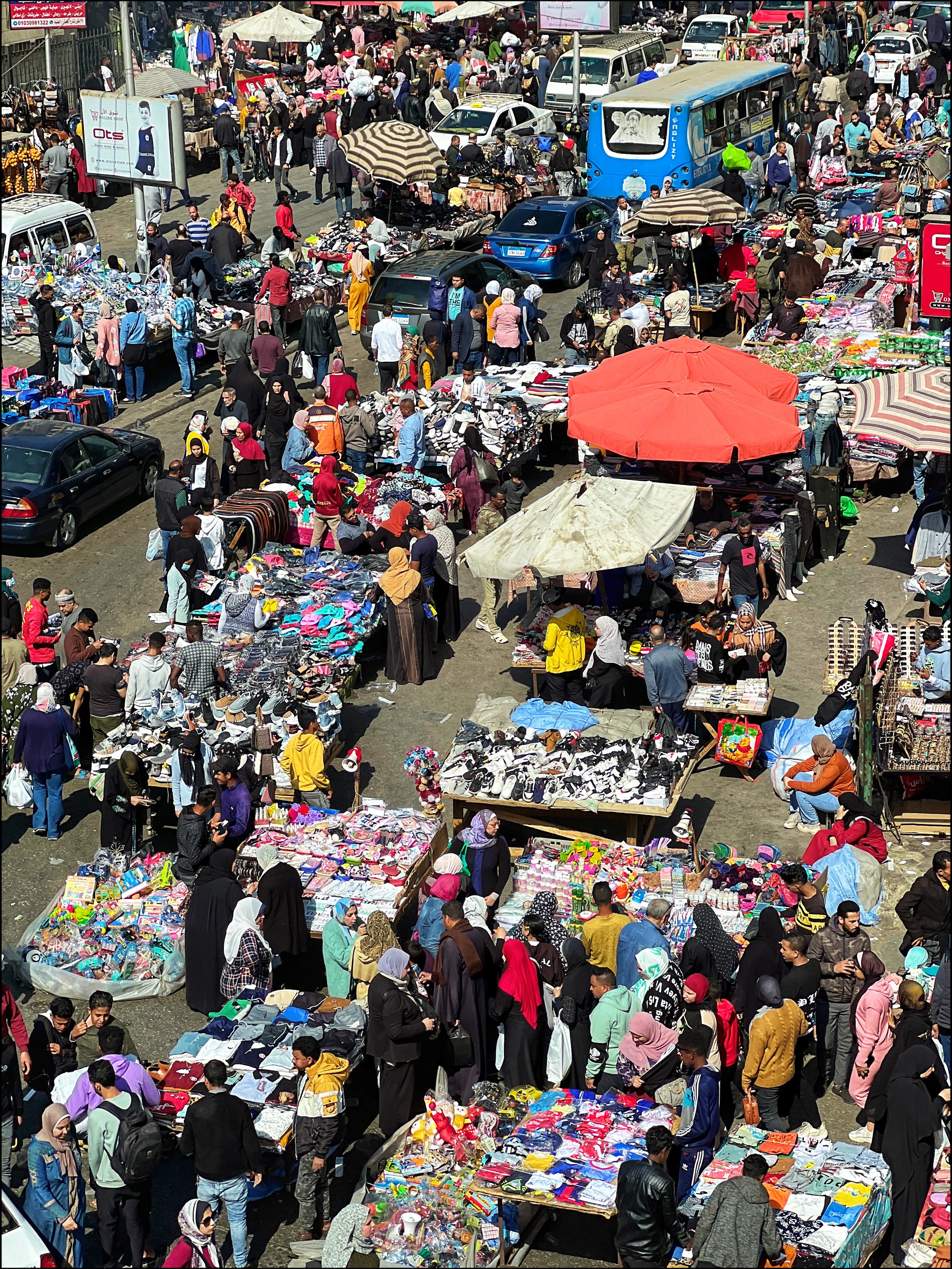
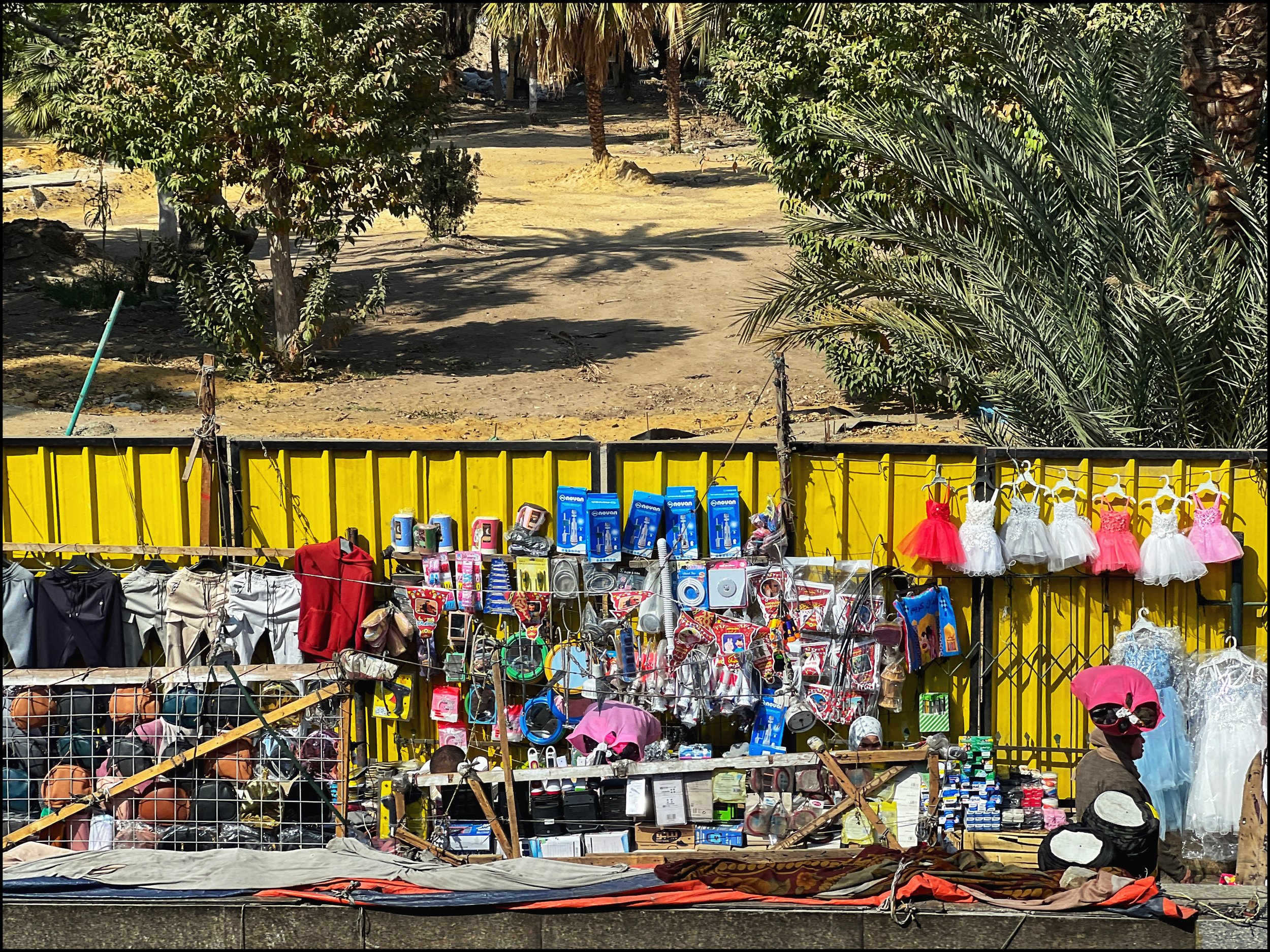

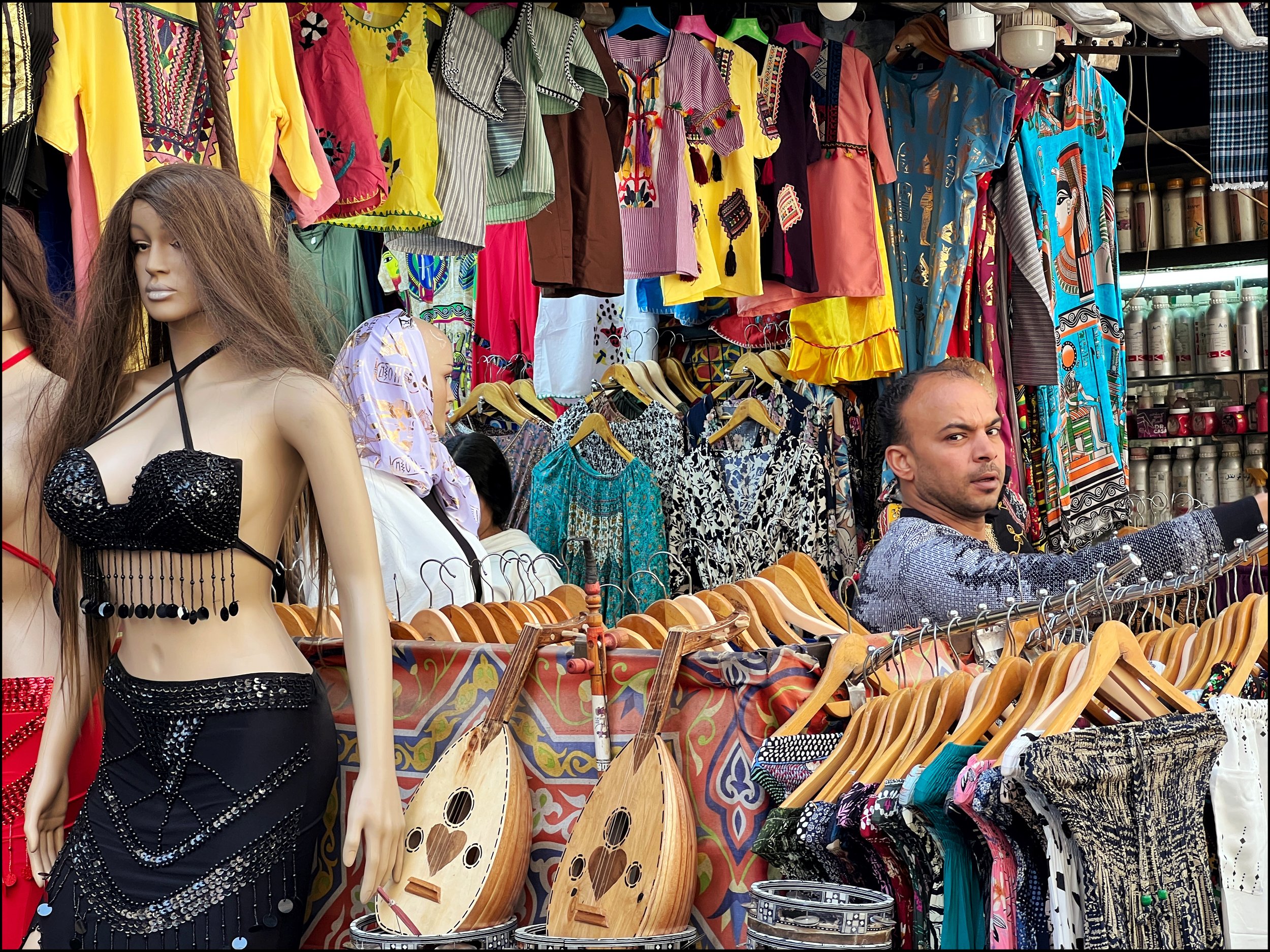
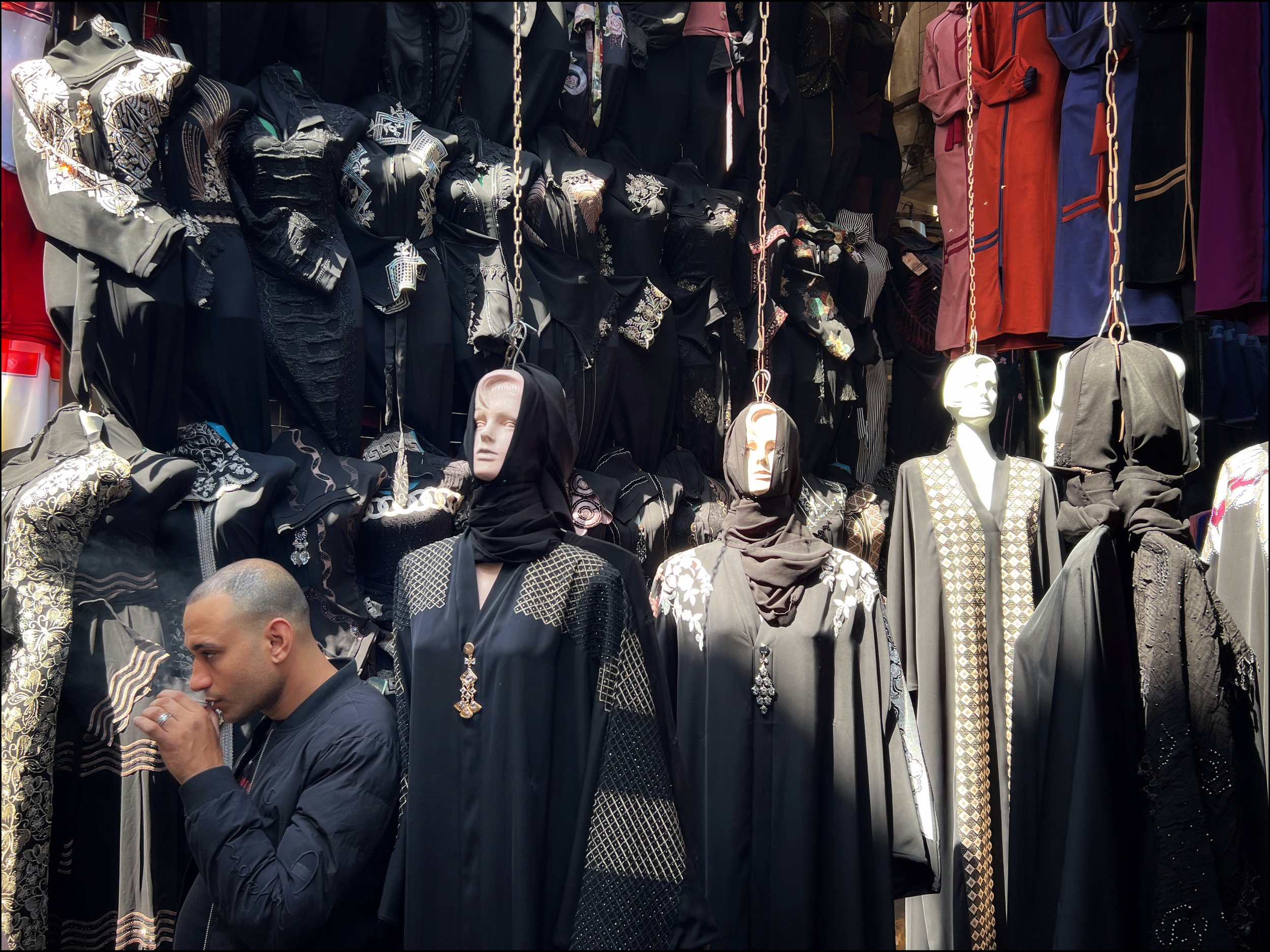

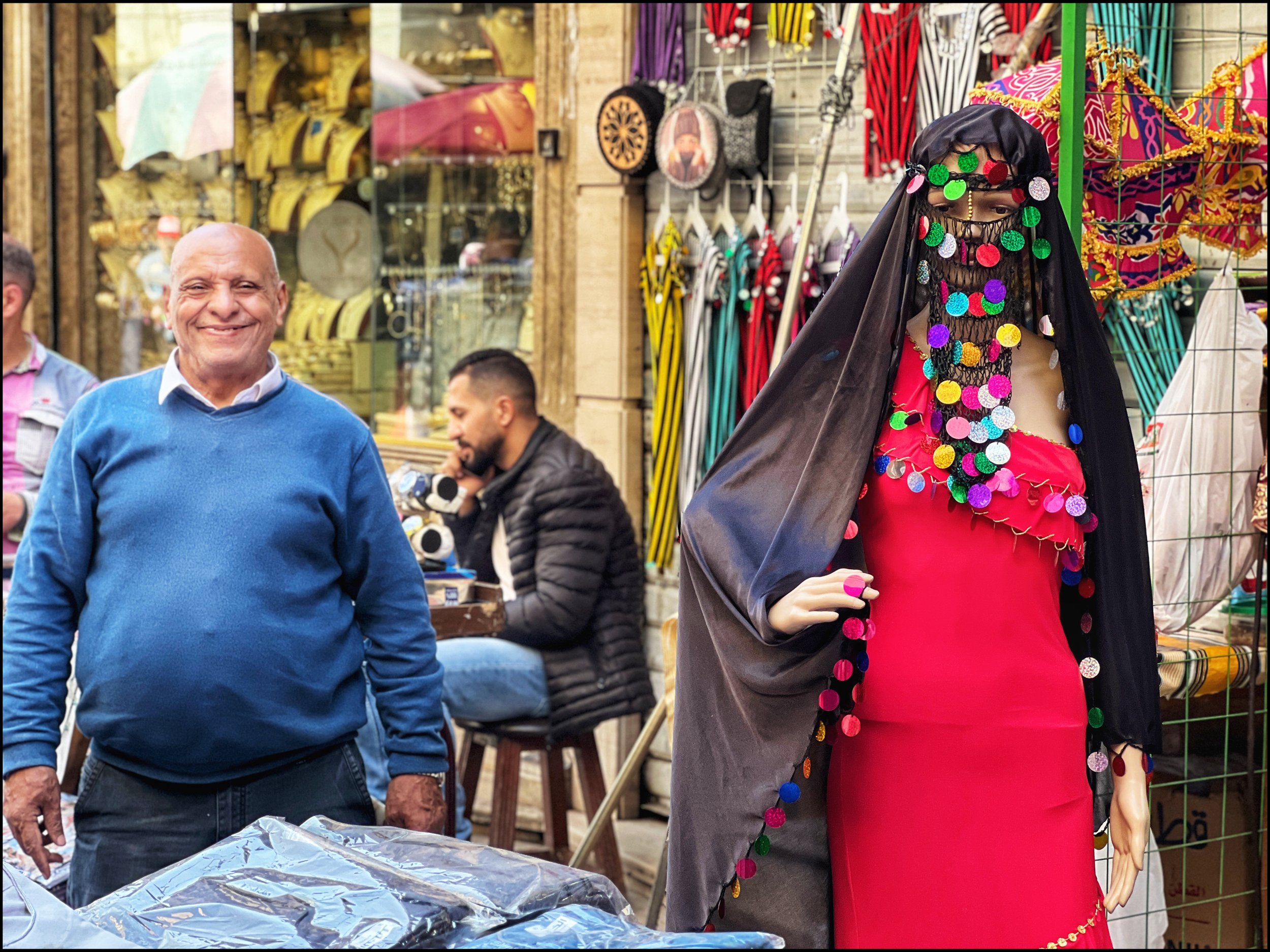
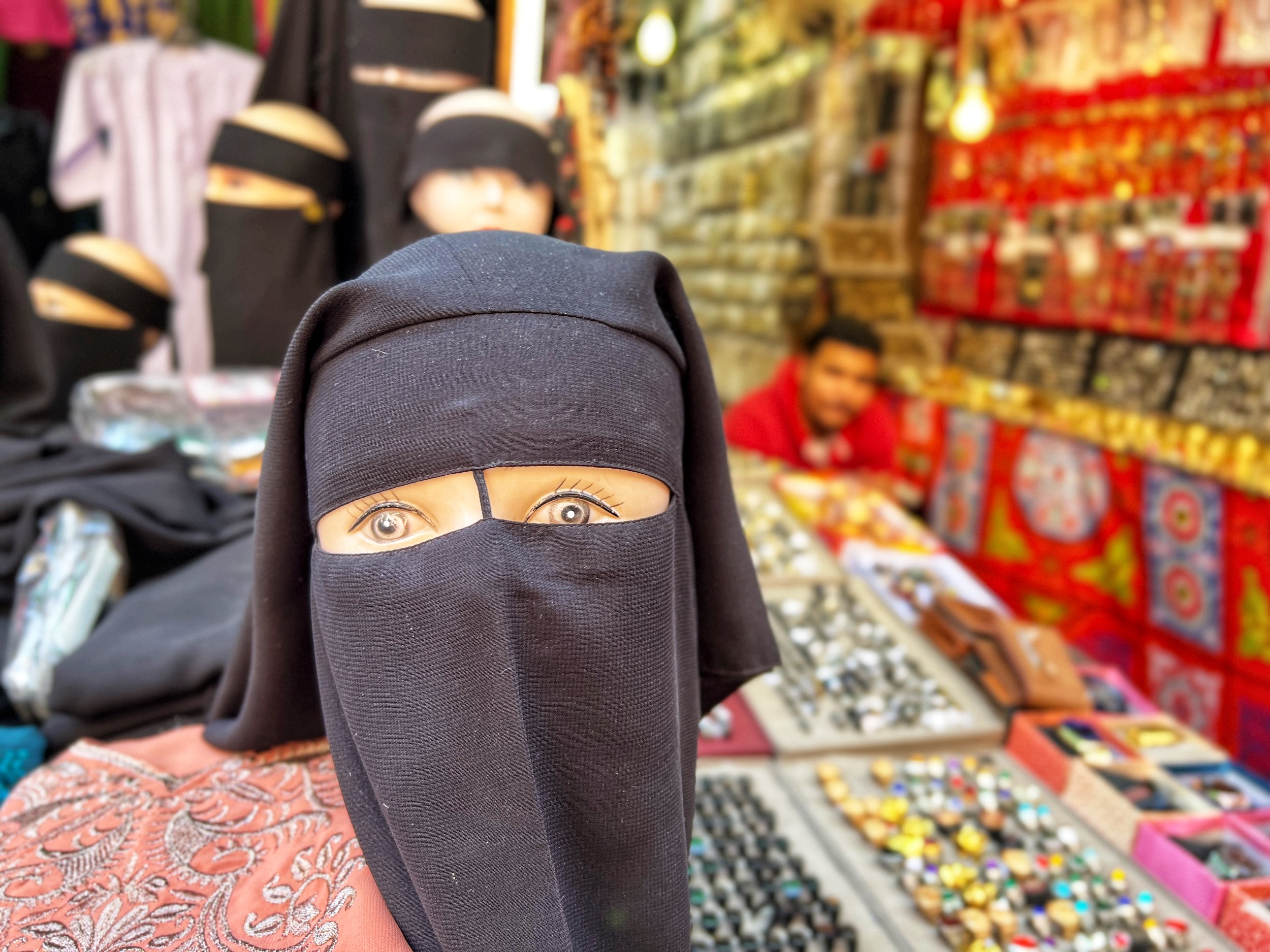
I See You
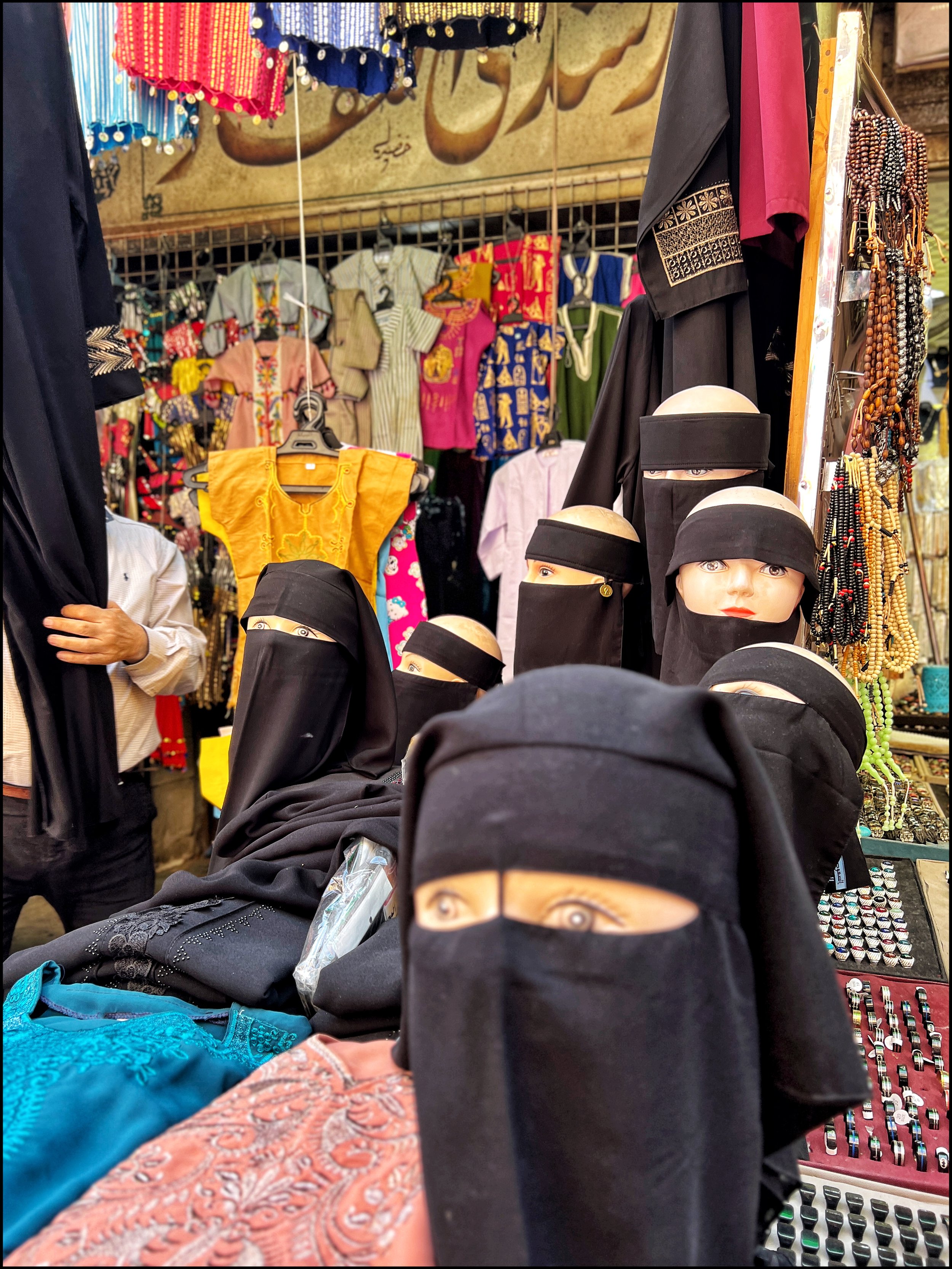
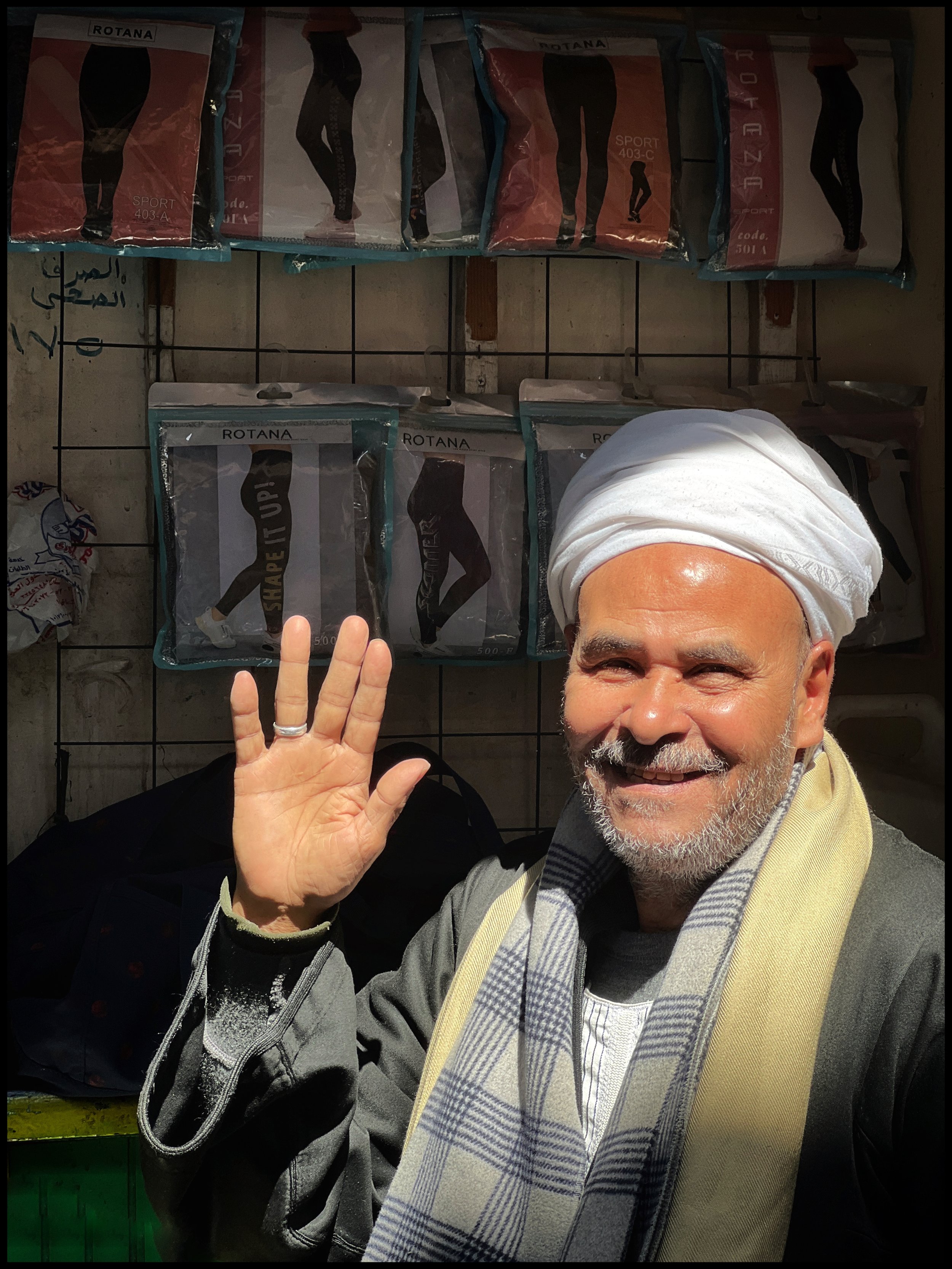
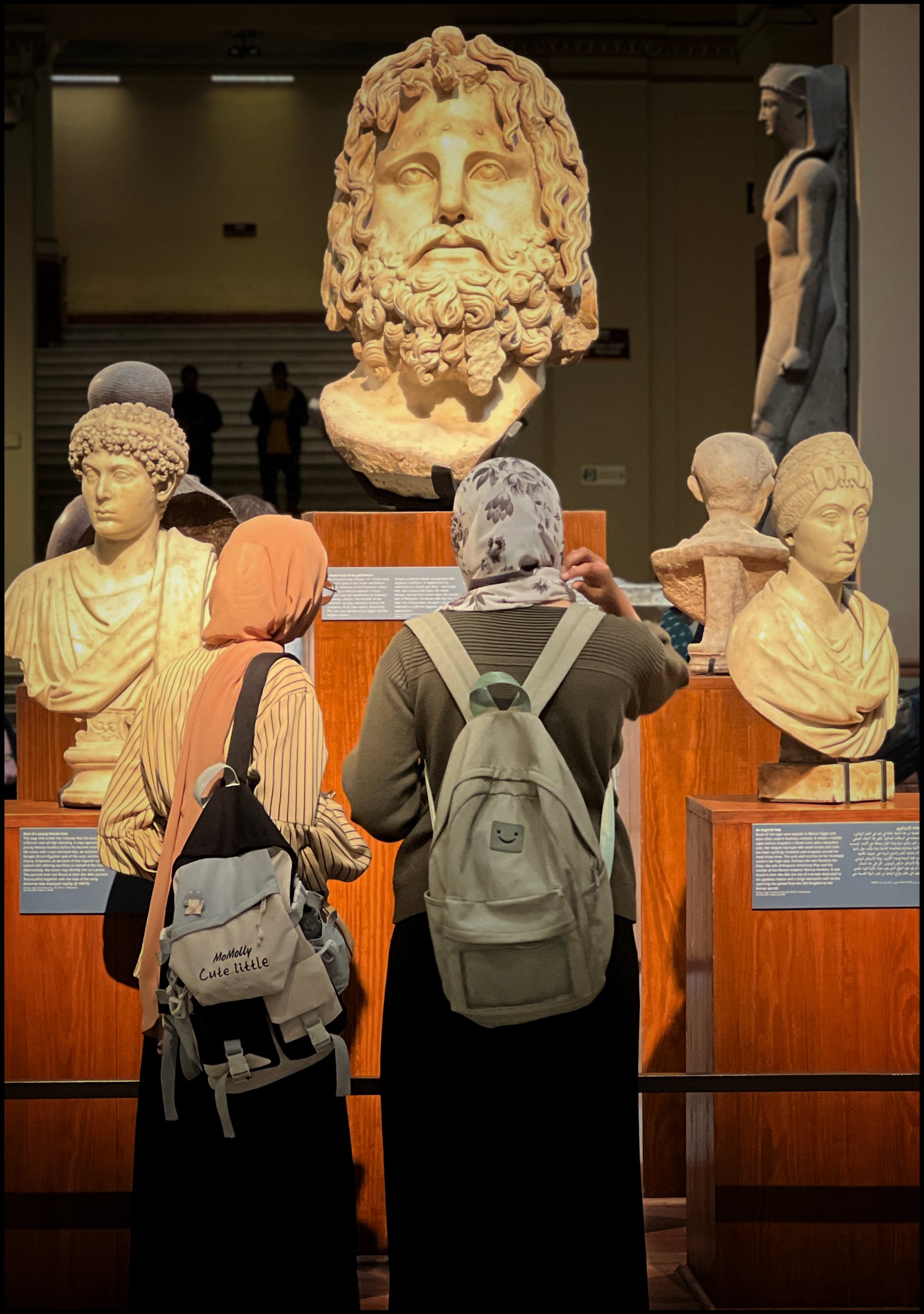

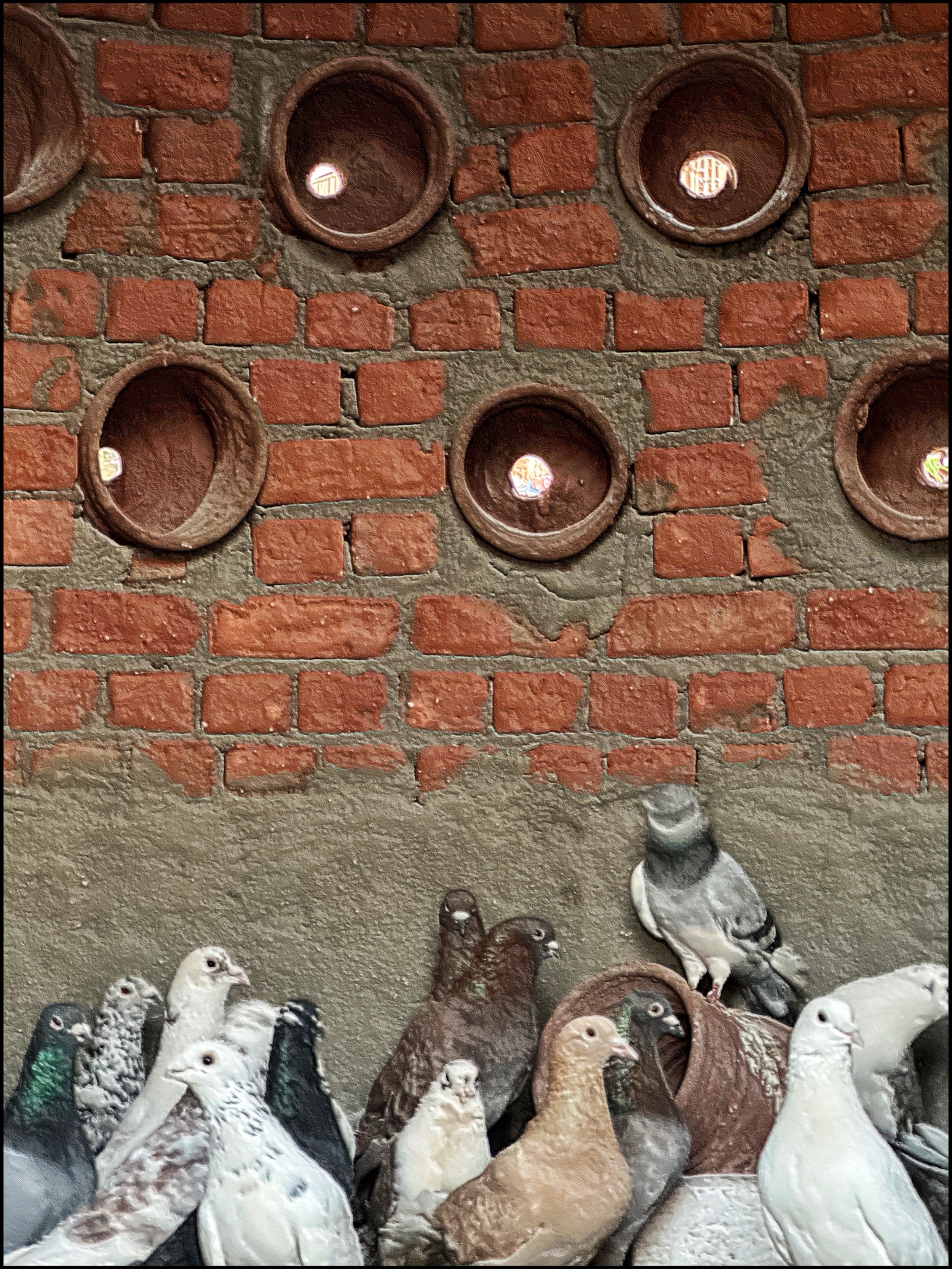
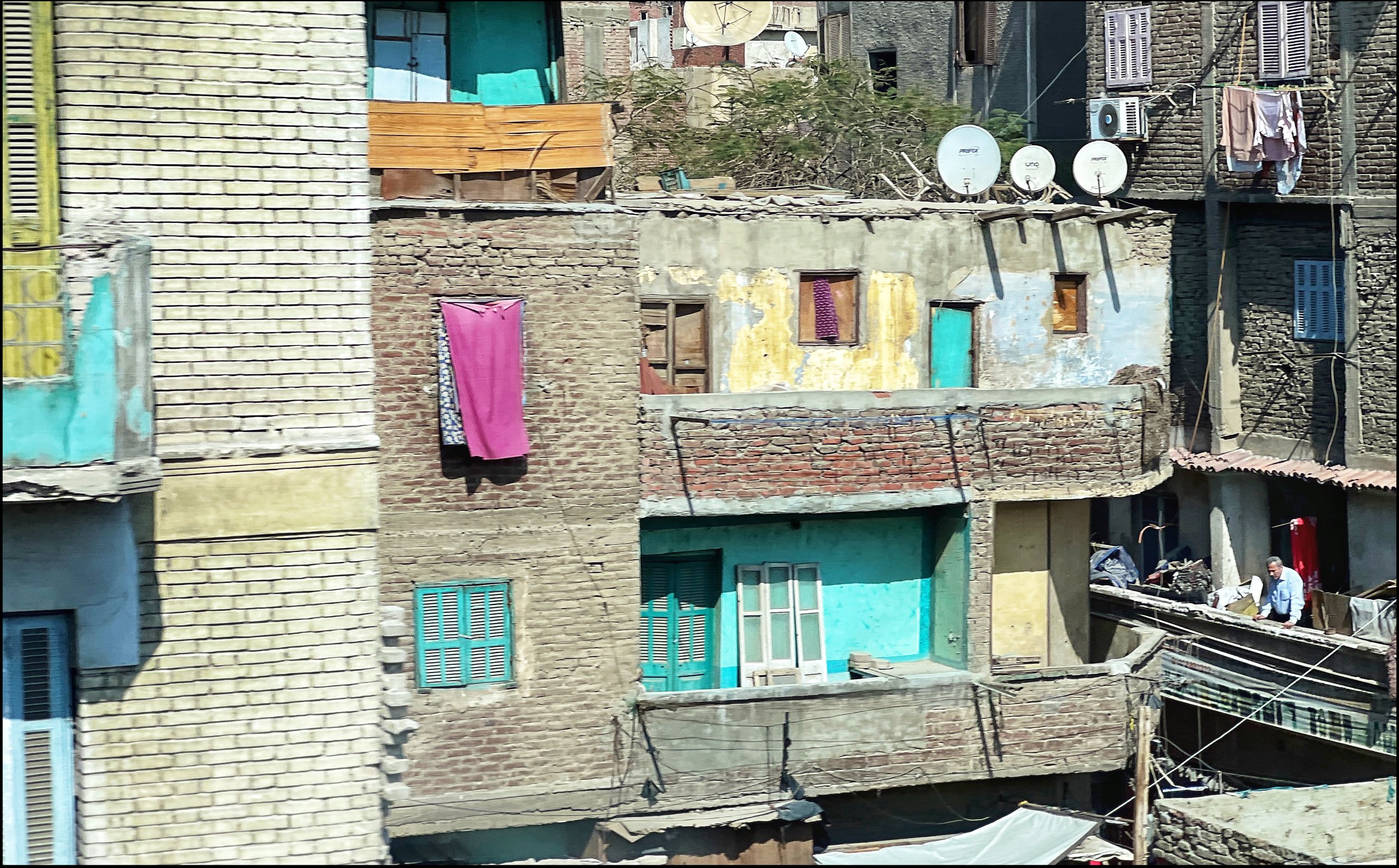
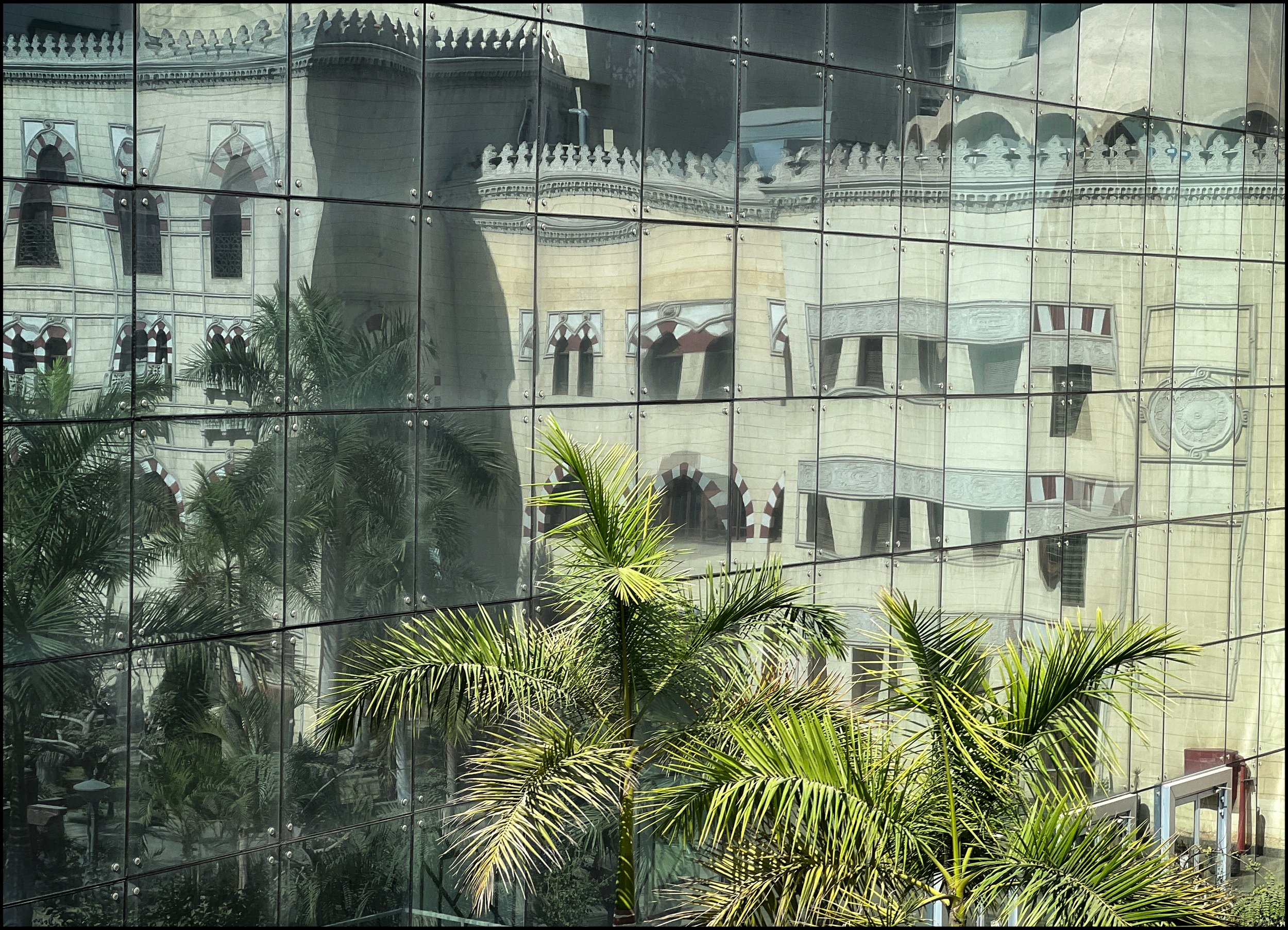
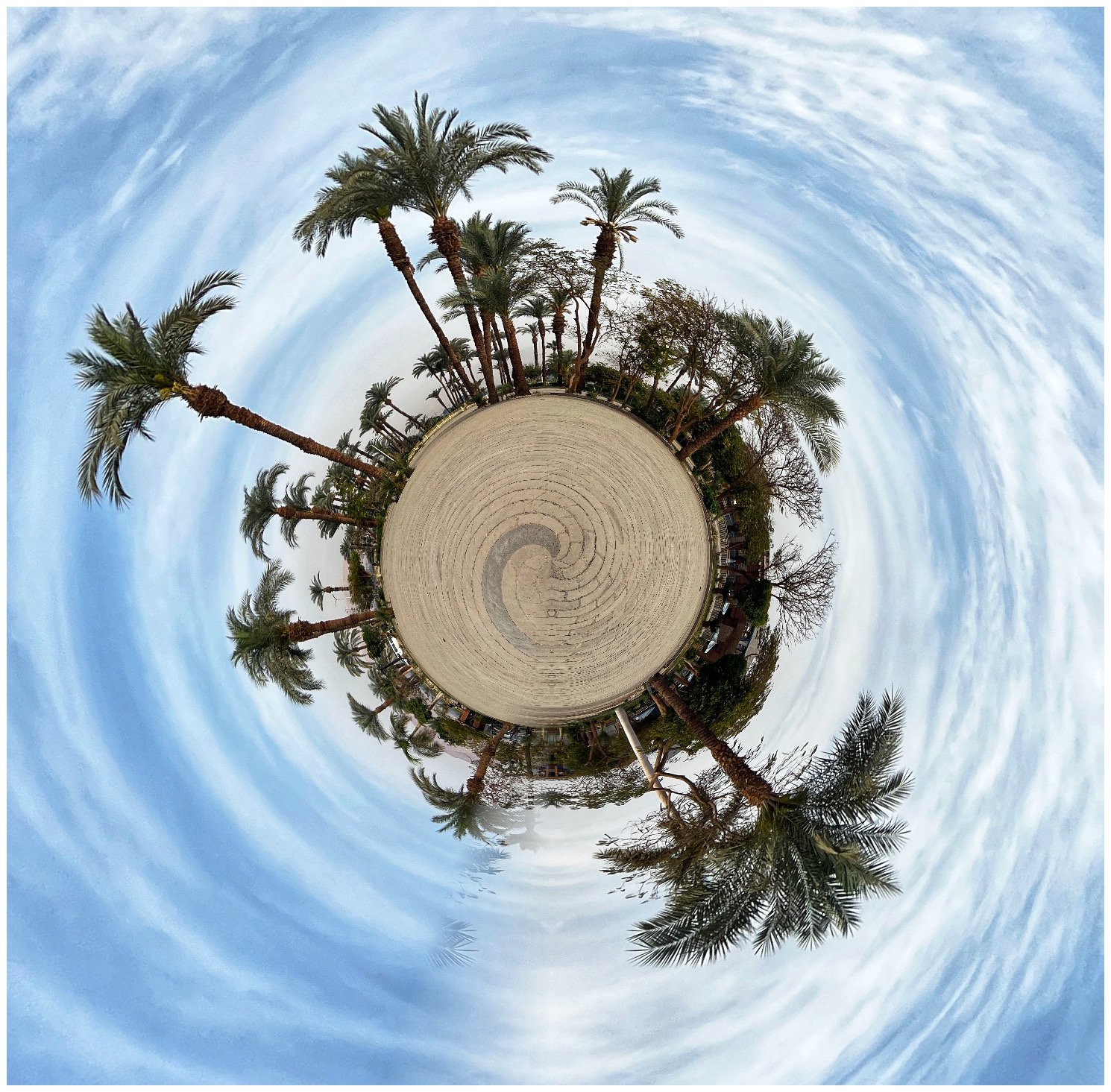
How clever of the date palm to first recruit the wind, and then human hand-pollination to spread its genome around the entire globe.
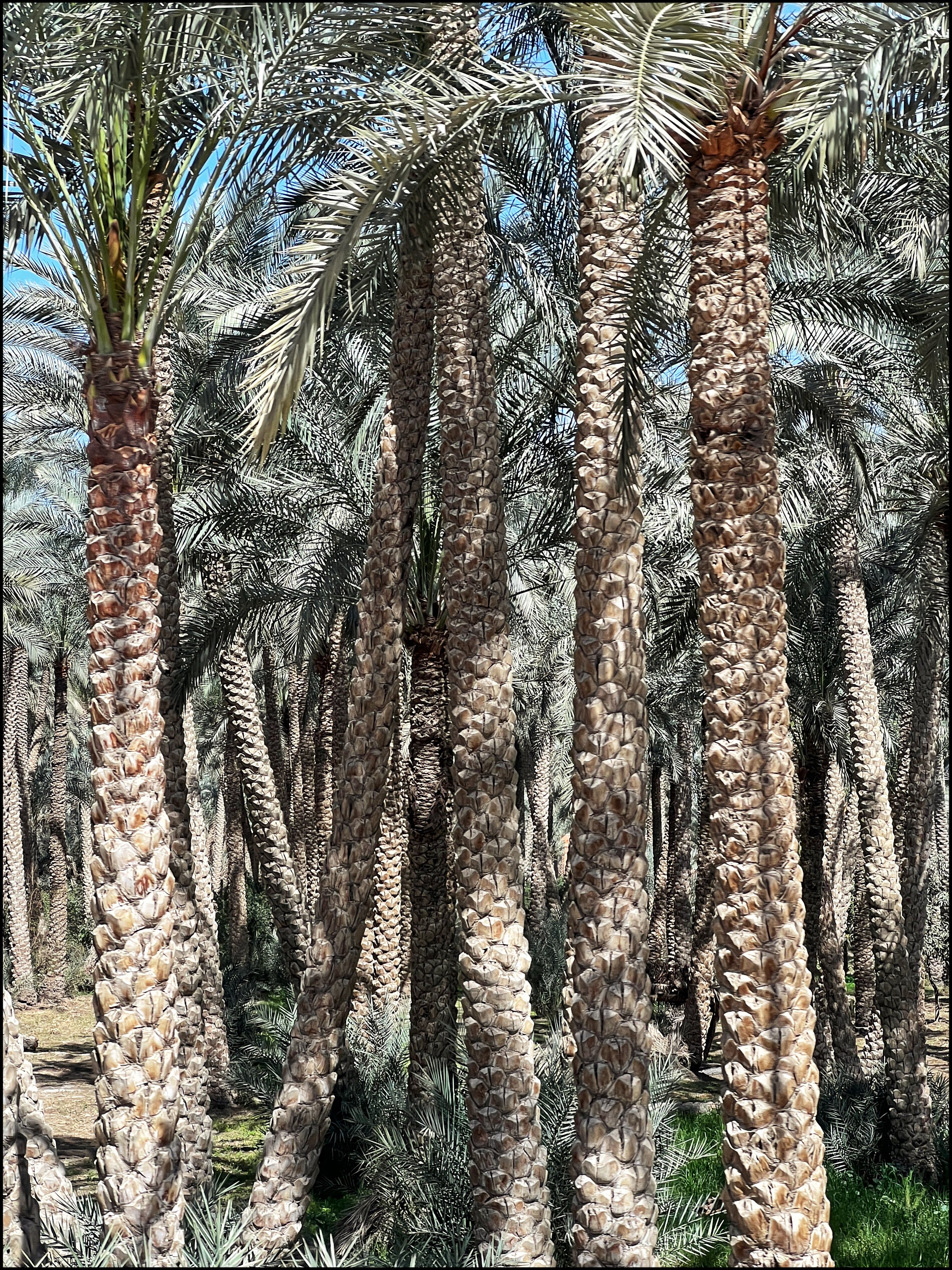
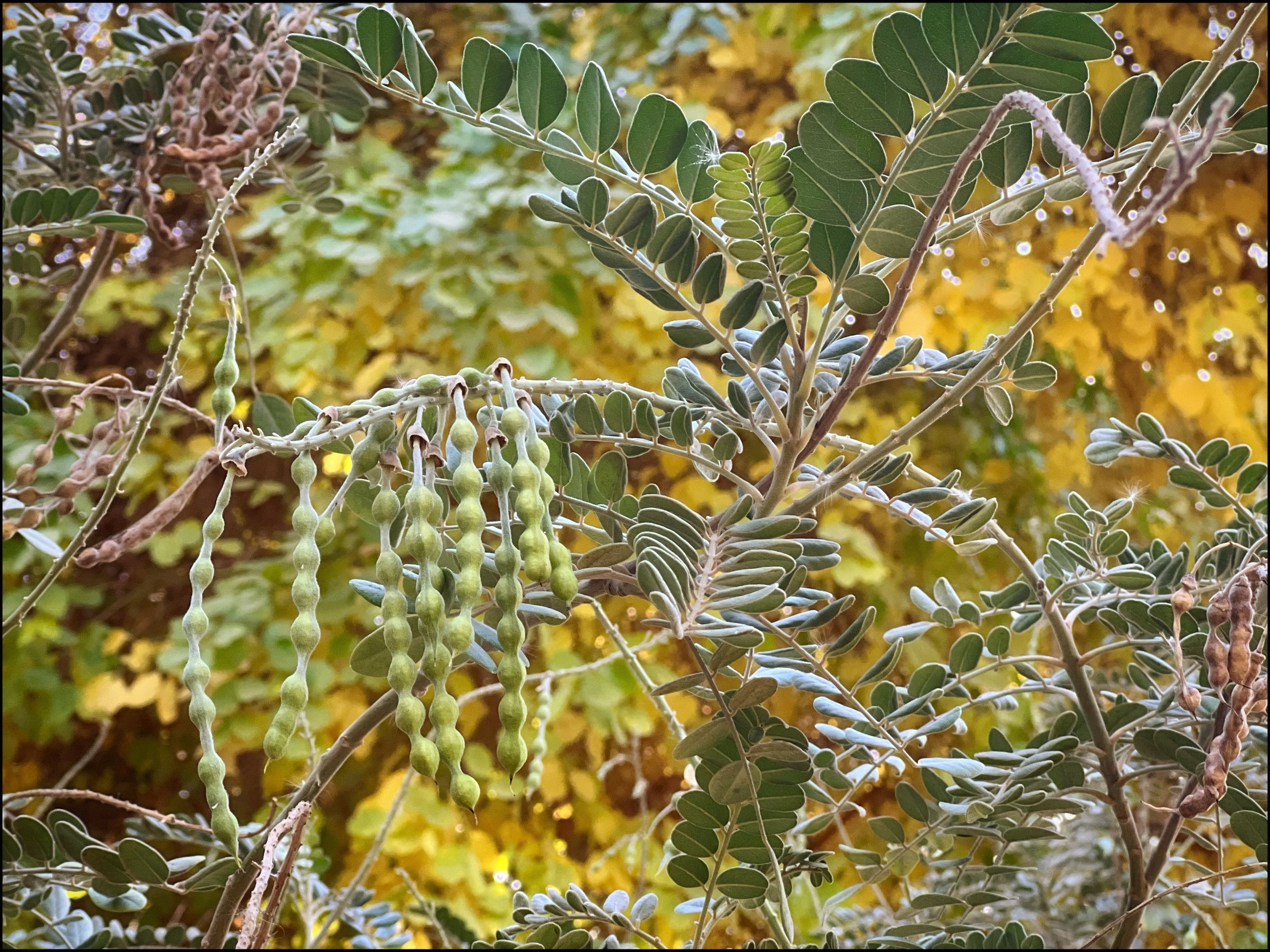
First came the Nile, flowing South to North. Then came Acacia nilotica, whose sap oozes gum arabic, harvested by a young upstart species to stabilize pigments in order to write down the story of the Nile, flowing South to North, ink spilling from a great Scribe’s pen.
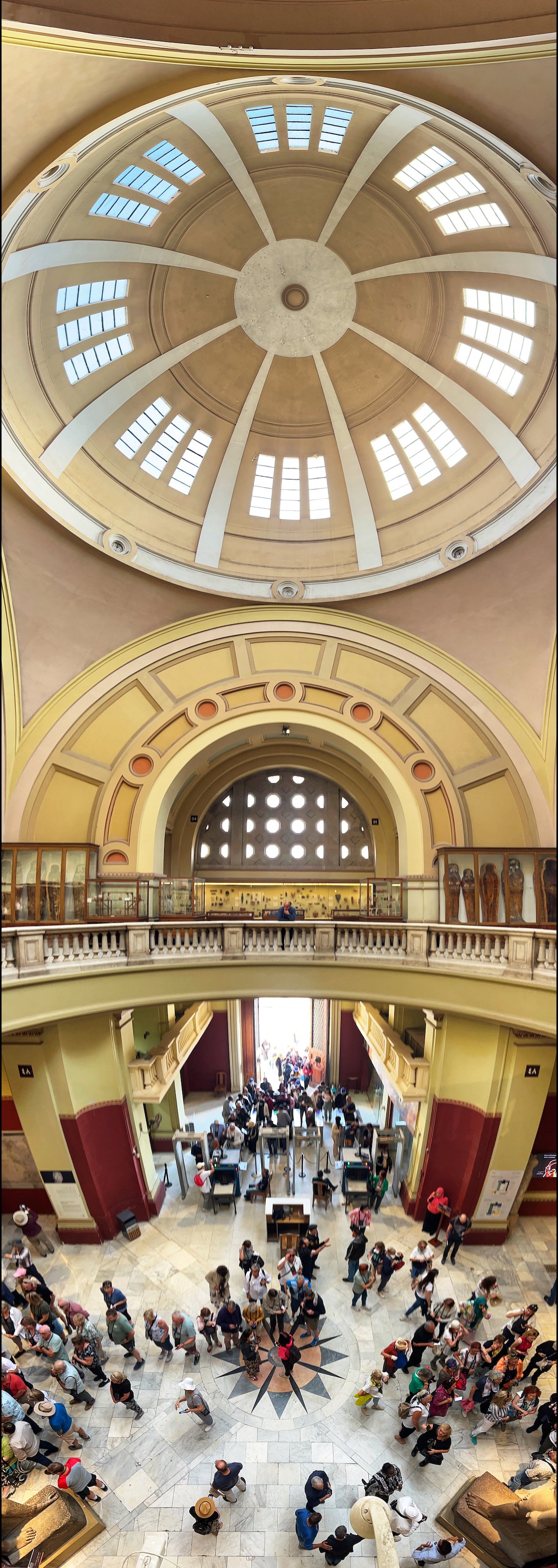
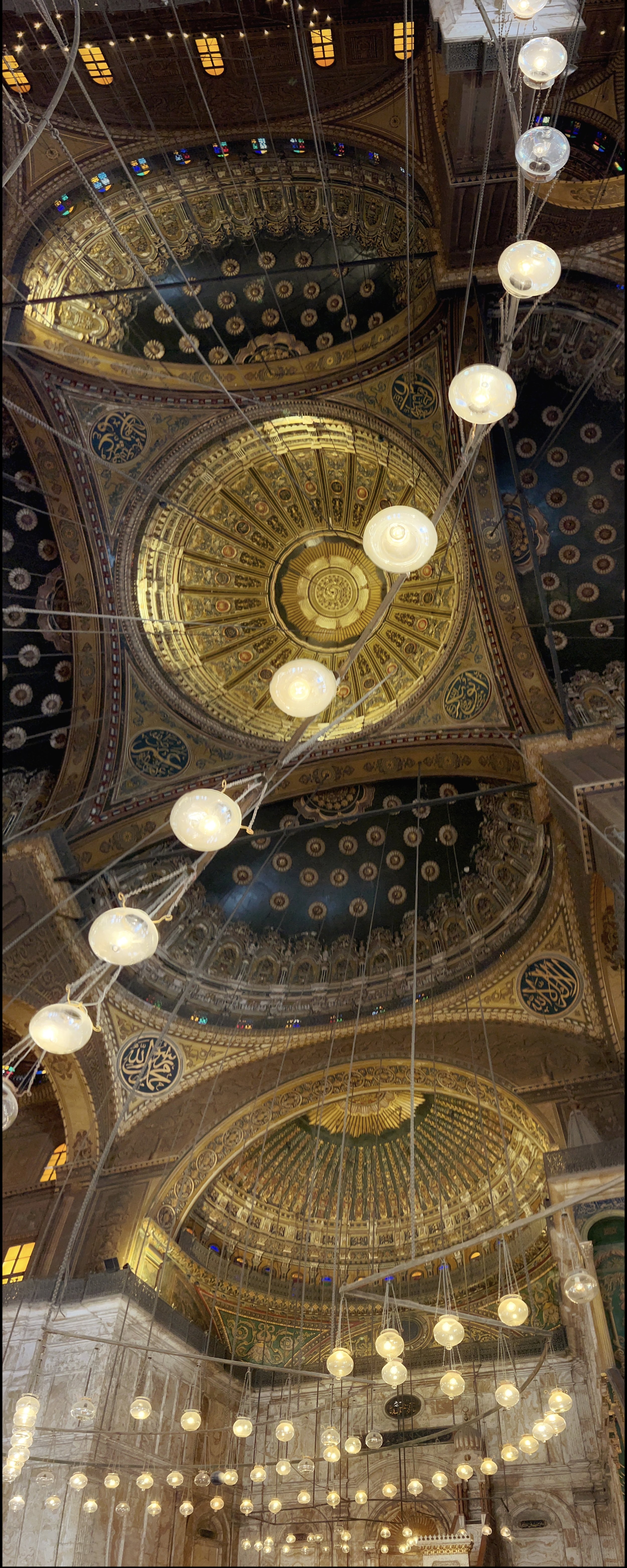
You can see and feel the devotion of the people who created the Mosque of Muhammad Ali in Cairo. This architecture is spirited.
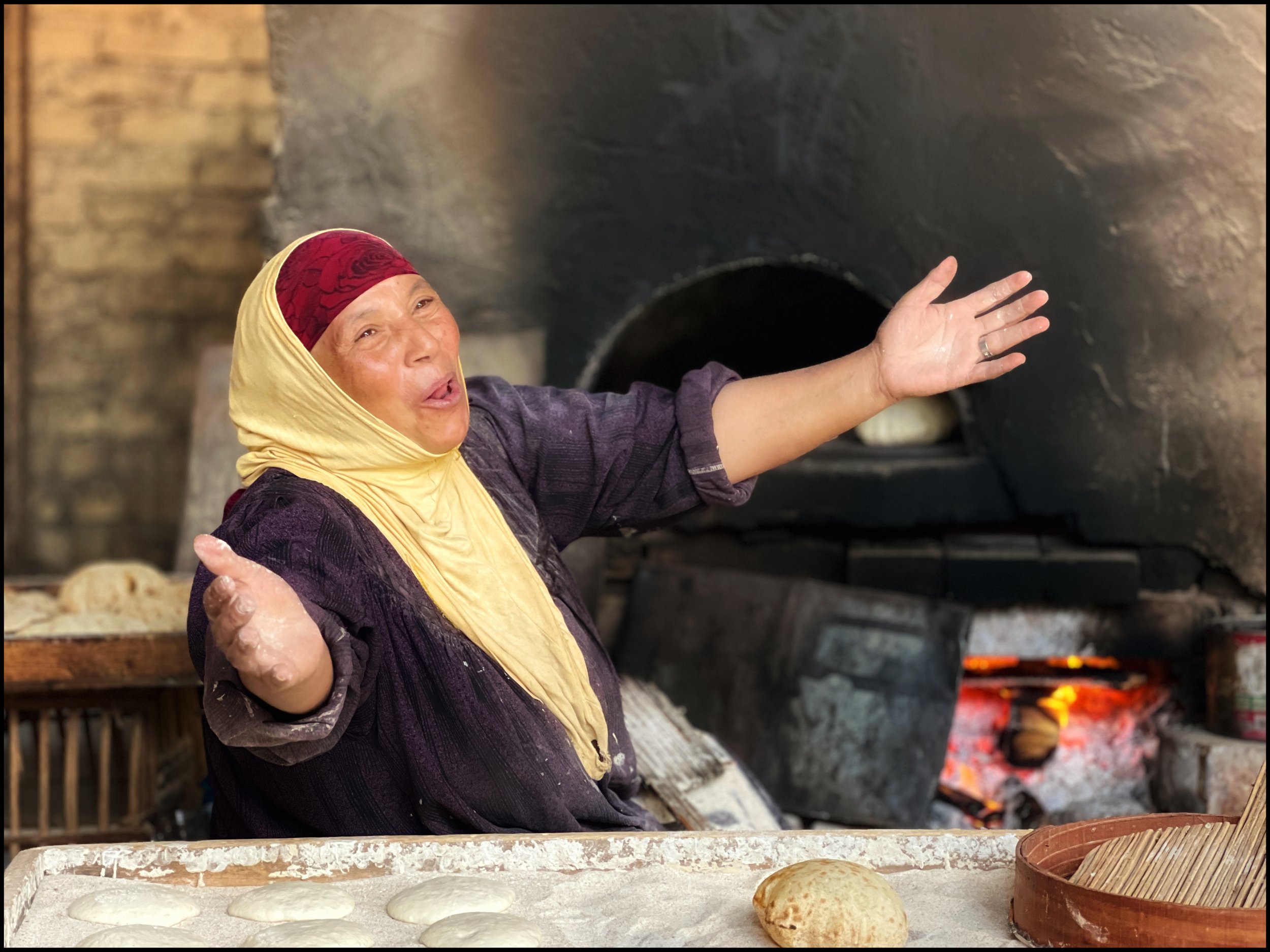
All over the world, “strangers” have embraced me with hospitality. The people who have the least to give often give the most, like this Egyptian woman sprinkling yeast into every interaction so the sweetest parts of us rise. This portfolio is a way of breaking bread, with gratitude to the Egyptian people.




























































The name Adam in Hebrew means “Son of Red Clay.” In Egypt, originally Kemet, the “Black Land,” the life-giving mud of the Nile, this Adam emerges like a golem, who with hands of baked dirt, spins new forms from the same soil, the kickwheel of creation turning and turning, each of us Earthly vessels dizzy with life.
When we were lost wandering in a barren landscape, a mirage in the desert offered a vision. There was only one thing to do: build a pyramid to unite Heaven and Earth, a staircase to the Gods.
There are more colors of dust than I realized. “From dust to dust” takes on new meaning in the Giza Plateau.
The Iron Age meets the Stone Age
It is good to wander. It is good to come home. There are terrains to map, outer and inner.
There is a love of geometry here that shines through in both the ancient and the modern architecture. It’s not just a shade structure, it’s a tesselation and a de-light.
We are standing in the shadows of our ancestors, listening with age-old longing as they speak in tongues of stone and sand.
It is difficult to tell the difference between waiting and praying.
Workers restore the Temple of Karnak. The Gods are under renovation.
Scorpion is the first animal in the fossil record to migrate from the ocean and adapt to living on land, some 437 million years ago. Humans are among the most recent innovations of the planet, evolving around 300,000 years ago. The “ancient” Egyptians honored the scorpion God Selqet, Goddess of Death and also healing. If you can’t beat them, worship them.
— at New Wadi es-Sebua.
A Nubian man and his pit viper.
Observing my keen interest in birds, Mohamed gave me an impromptu tour of his dovecote. Many Egyptians raise pigeons on the roofs of their buildings for food. I am hoping to try it. When in Abu Simbel…
— at Abu Simbel Temple.
A temple attendant and his Nile crocodile. The ancient Egyptians honored the crocodile God Sobek. It’s a thin line between awful (awe-full) and awesome (awe-some).
— at New Wadi es-Sebua.
“To be surrounded by beautiful, curious, breathing, laughing flesh is enough” - excerpt from I Sing the Body Electric by Walt Whitman
A temple attendant holding an Ankh, the key to eternal life. As challenging as Life is, we want infinitely more of it.
Reading may be the best way to access the mysterious interiority of others. I think of each of us as a library whose bibliography I would like to read.
There are many Gods at the Temple of Philae. Some of them have fur.
To touch the Nile is to feel the jugular vein of human civilization, sensing the pulse of time flowing through our fingers.
In the vast expanse of harsh Nothing that is the Sahara, there lives the audacity of jumping spiders, scorpions, and humans determined to make a mark on barren rock, erecting temples in the name of Something.
Is the maximalism of the bazaar an antidote to the minimalism of the Sahara?
The bazaar is the sistine chapel of tchotchkes.
I See You
How clever of the date palm to first recruit the wind, and then human hand-pollination to spread its genome around the entire globe.
First came the Nile, flowing South to North. Then came Acacia nilotica, whose sap oozes gum arabic, harvested by a young upstart species to stabilize pigments in order to write down the story of the Nile, flowing South to North, ink spilling from a great Scribe’s pen.
You can see and feel the devotion of the people who created the Mosque of Muhammad Ali in Cairo. This architecture is spirited.
All over the world, “strangers” have embraced me with hospitality. The people who have the least to give often give the most, like this Egyptian woman sprinkling yeast into every interaction so the sweetest parts of us rise. This portfolio is a way of breaking bread, with gratitude to the Egyptian people.